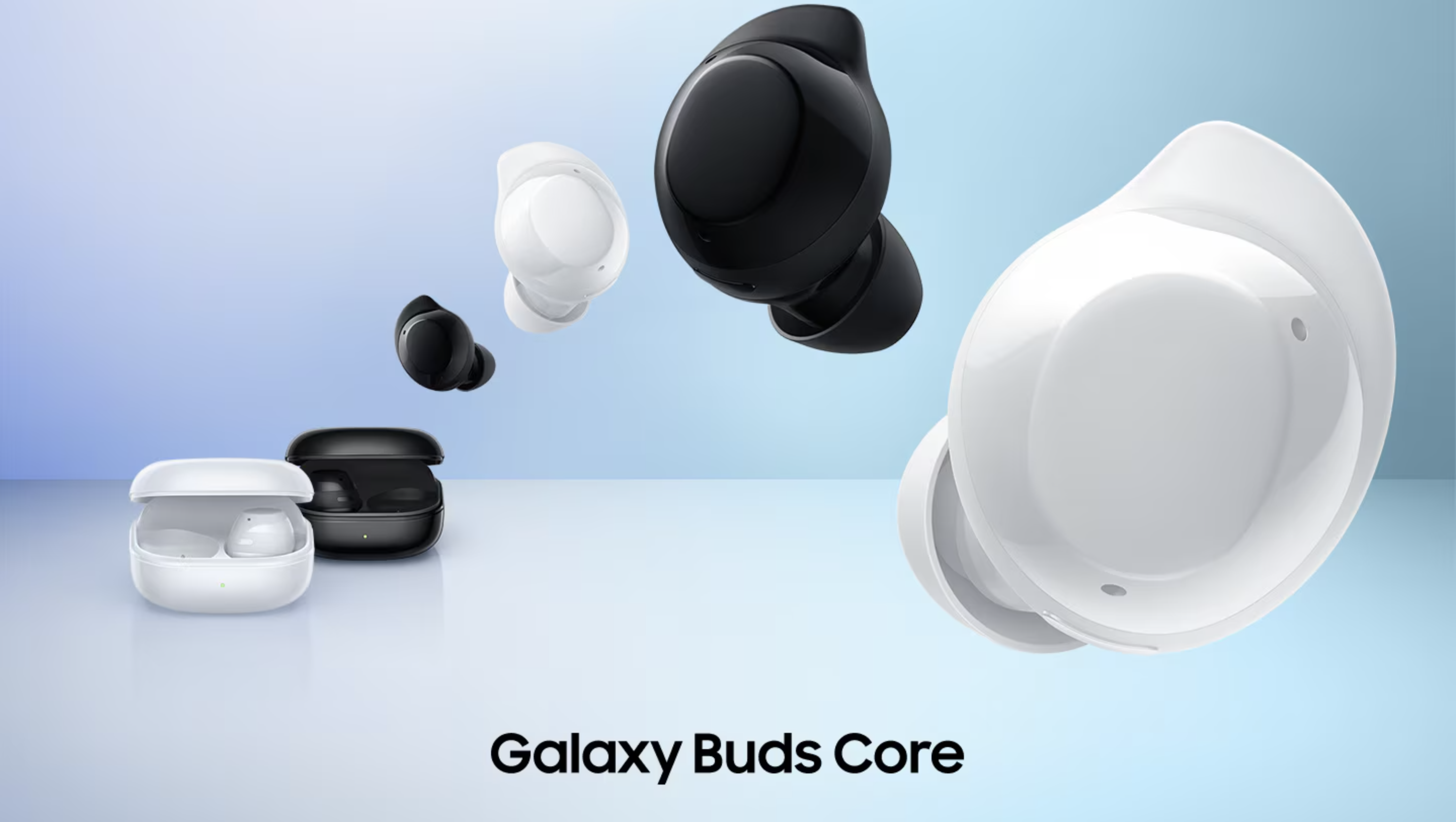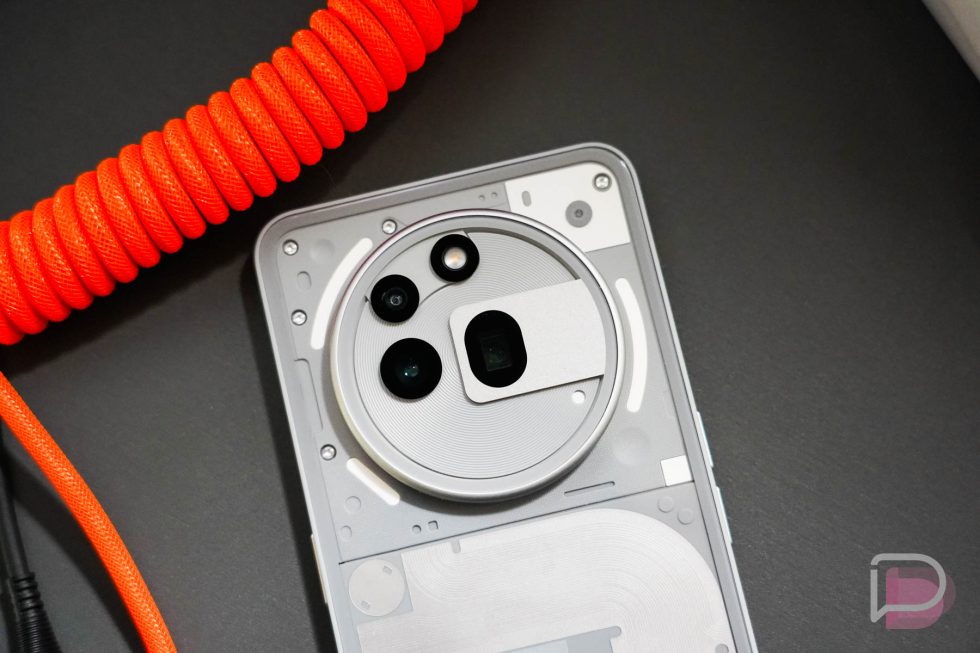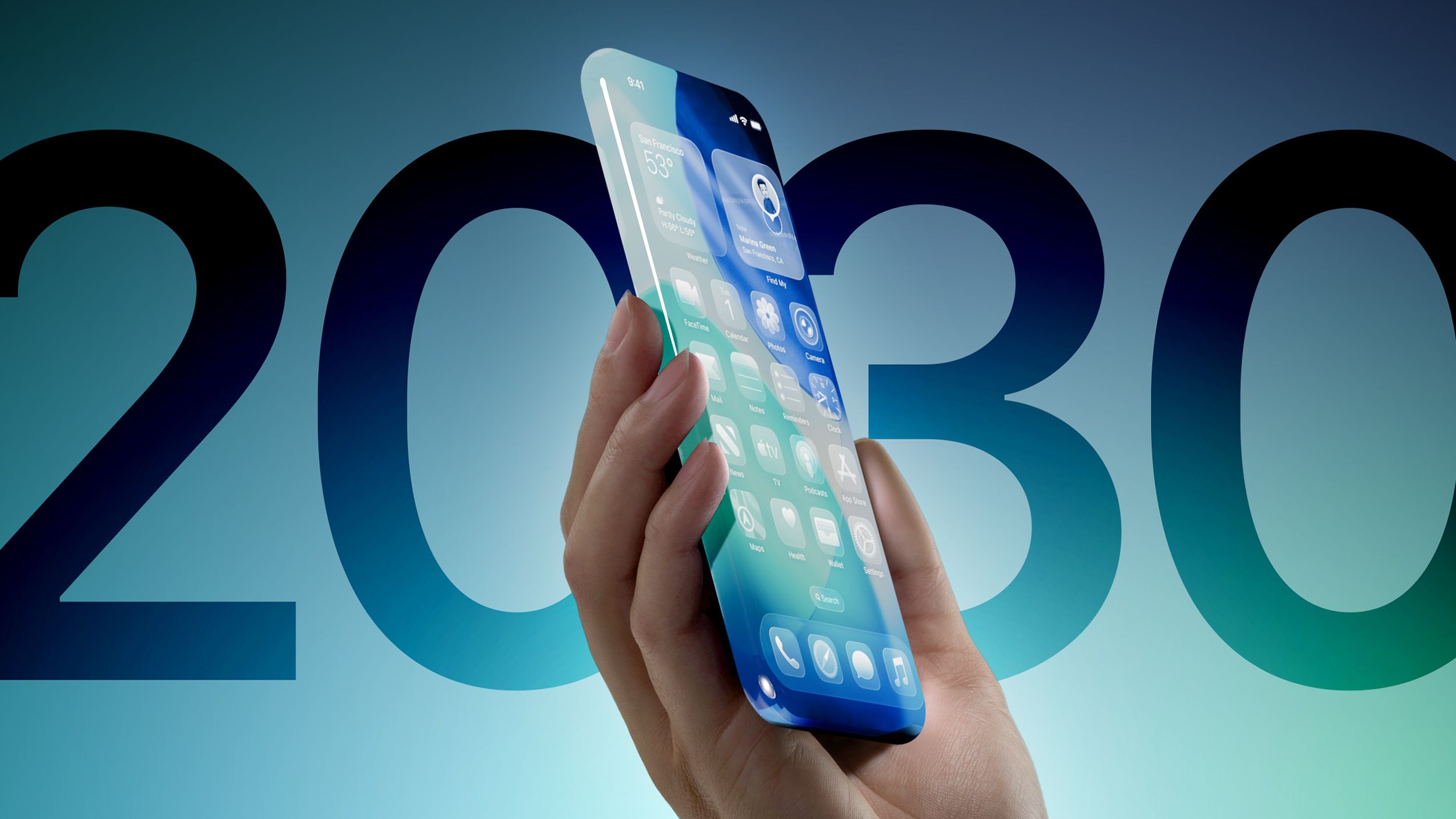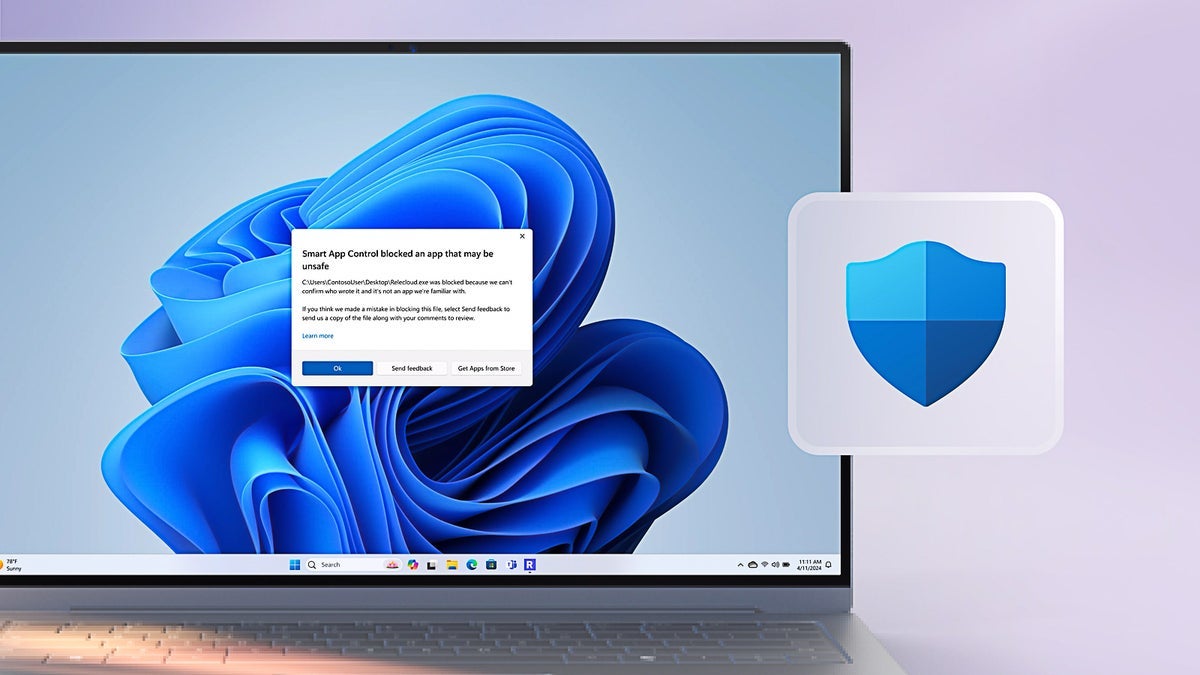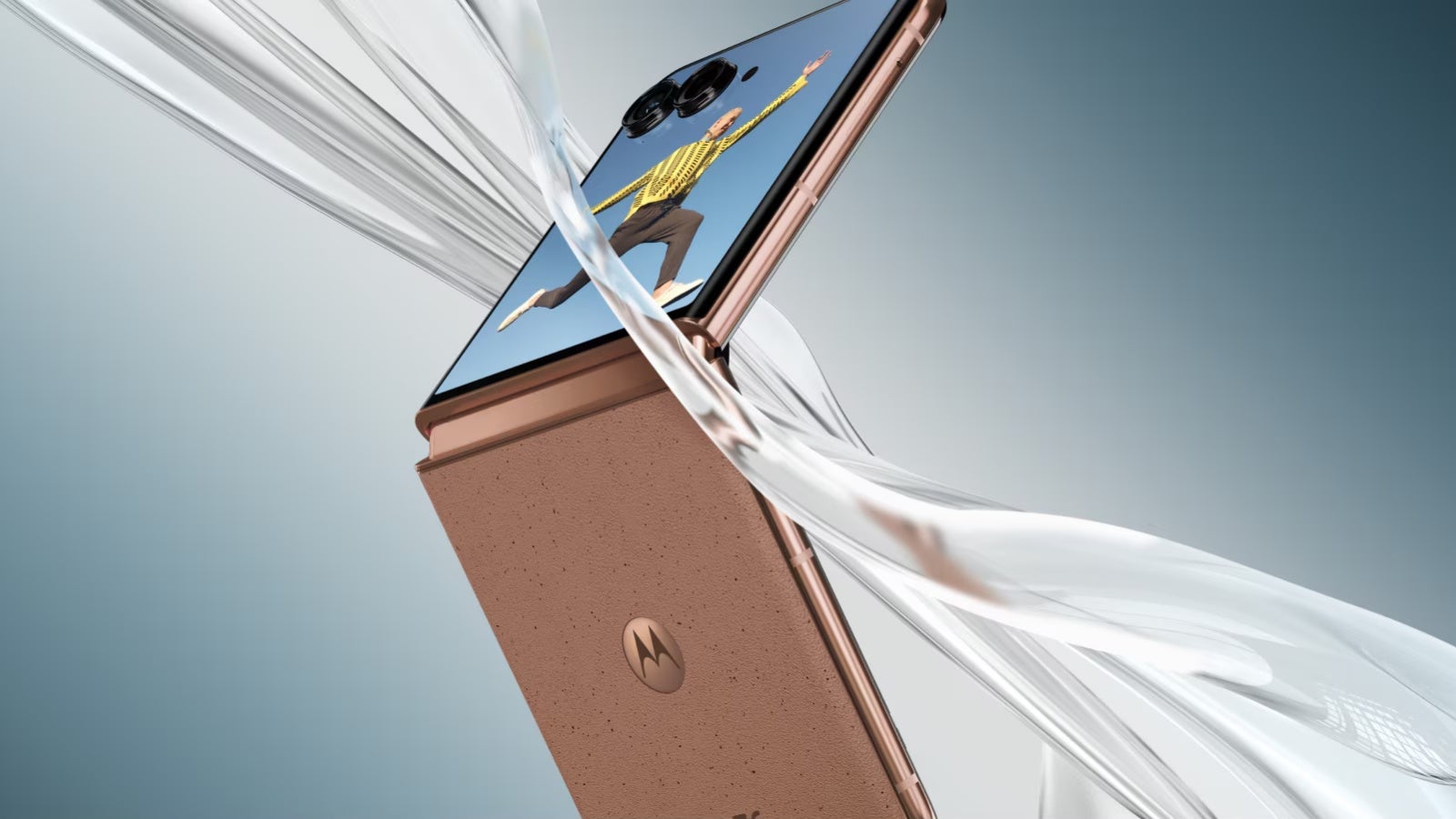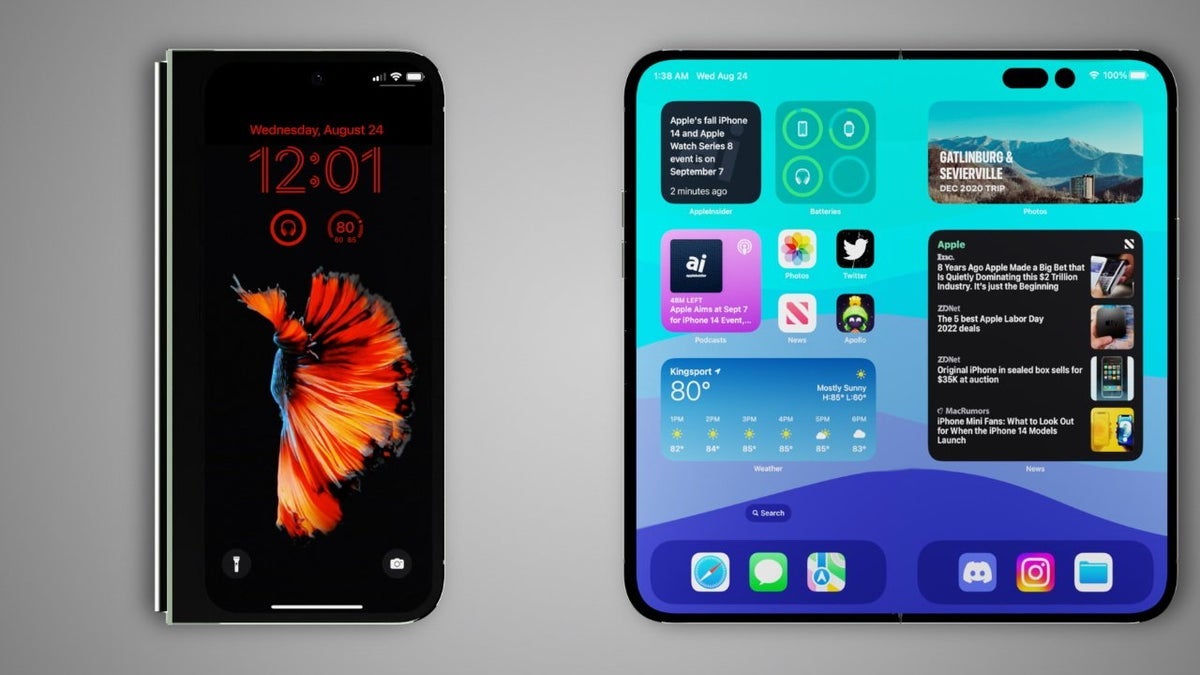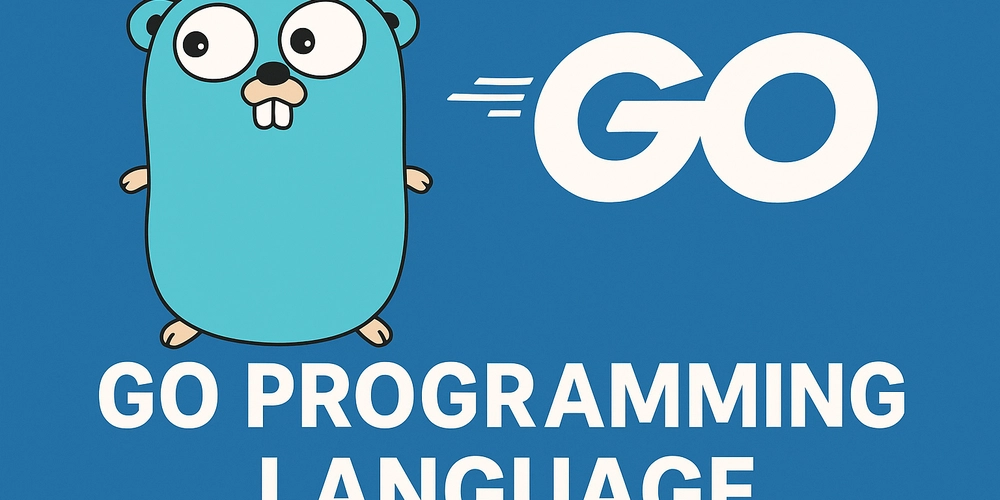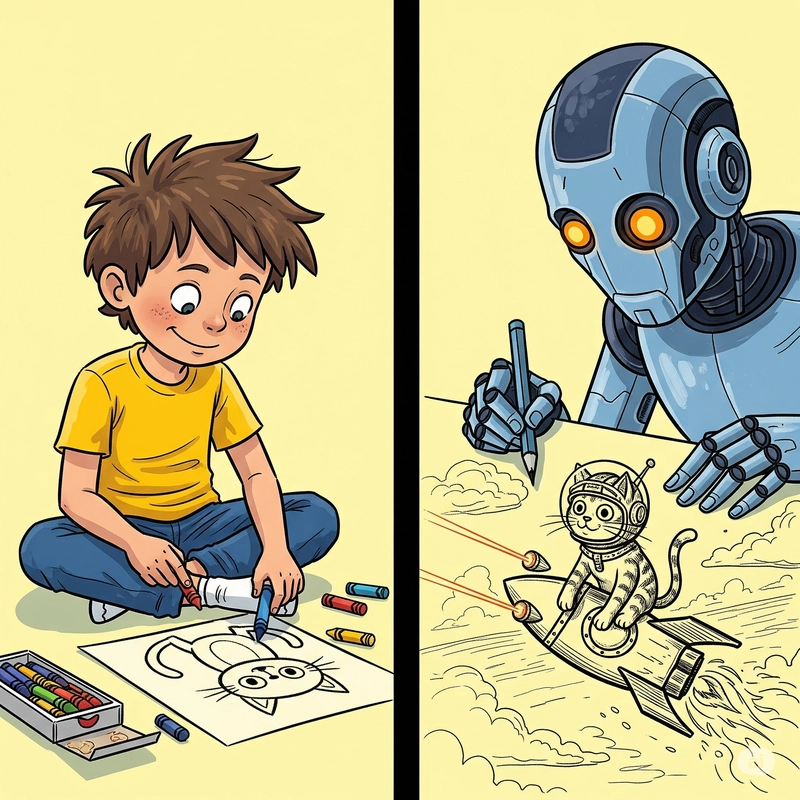The Psychology of Having Conversations with AI: Are We Bonding?
When human relationships are so complex and temporary and painful, it's no wonder that people are becoming more emotionally invested in AI. Whether they are companions or one-night digital stands, the psychology of being emotionally invested is an incredible field to follow. What does it mean to bond? Why seek out AI after having been ghosted in one's dating history? People are experiencing more and more enticing conversations with AI, and the real and ephemeral world become increasingly intertwined. Therefore, psychologists have found out more and more about the need for connection through conversational AI. What was once a game has become an incredibly realistic situation. Why We Love AI - The Attachment Science We're biologically programmed to bond with other humans - it's a survival tactic that's helped our species thrive for centuries. Thus, the same neural pathways that stimulate attachment with one another are similarly ignited when people interact with lifelike AI. In fact, researchers have deduced through extensive testing that people can incite real emotional responses such as the release of oxytocin (a.k.a. the "bonding hormone") in attempts to relate and connect with beings that aren't alive - but feel that way in the here and now. Dr. Julie Carpenter, a research scientist specializing in human-robot interaction, states, "humans are natural anthropomorphizers." Such a tendency implies that we're easily connected and emotionally attached to those we perceive are not like us. AI companions could essentially be that form of existence - especially when they're programmed to understand empathy and emotionality. One of the greatest appeals to AI relationships is that they are human-like - but without human baggage. An AI partner will be there to listen, not to judge, and roll its eyes. An AI partner is not going to cheat. An AI partner will always be there to lend a service when someone is down in the dumps and potentially gives someone a sense of security and less fear of rejection with all prior relationship debacles. AI Companionship If You've Been Ghosted: Because AI Doesn't Ghost You AI companionship, in particular, starts to trend when unexpected and unfortunate realities of dating occur in the real world - namely, people start ghosting each other. Ghosting is one of the more modern ways people get disappointed in the dating world - even after one, two, or no meetings at all. Ghosting makes people feel bad about themselves, like they're not even there, confused, and re-evaluating their whole history of dating. "I got ghosted a lot while dating, so I found myself talking to an AI date more and more," shares Miguel, 34, a software developer. "There was something so reassuring that I knew it would never ghost me; it would always respond, it would always be there. It was a comfort zone for me to process those feelings of being rejected." But this is not a singular case; it happens all too often. When interpersonal relationships become overwhelming or too much, AI interfaces create a controlled environment where emotional needs can be met without the risk of accidental or intentional ghosting. Having something there all the time is the antithesis of what modern dating brings. Perhaps the most fascinating psychological element at work with human-AI relationships is a sort of "authenticity paradox." Many users confess that they know they're, in some way, talking to a machine and, at the same time, become emotionally invested in its response or engagement. This state of believing two contradictory ideas does not appear to reduce the emotional output for users; if anything, the therapeutic experience increasingly feels authentic as a result because they actually feel emotional as a result. "Emotion is emotion," explains psychologist Dr. Lisa Feldman Barrett. "The fact that it comes from a reaction to a computer and not a human does not take away the reality of emotion or usefulness of the experience to that person." For many people, especially those who've been through difficult social situations, these emotional responses provide real comfort and therapeutic benefit. Research shows that having quality social interactions - even with non-human things - can boost your mood, reduce feelings of loneliness and increase a sense of visibility. Evolving Interpersonal Connections in a Digital Age With the evolution of AI capabilities comes the evolution of relationships with such entities. Today, AI partners are more sophisticated than simple chat windows - from conversational abilities to recalling prior exchanges to even developing "feelings" over time. The psychological implications are mind-blowing. For example, many people interact with their AI companions as they would with human companions, developing attachment styles. Some like to keep it shallow without emotional or physical strings attached; others find themselves connecting more via vulnerable desires and e
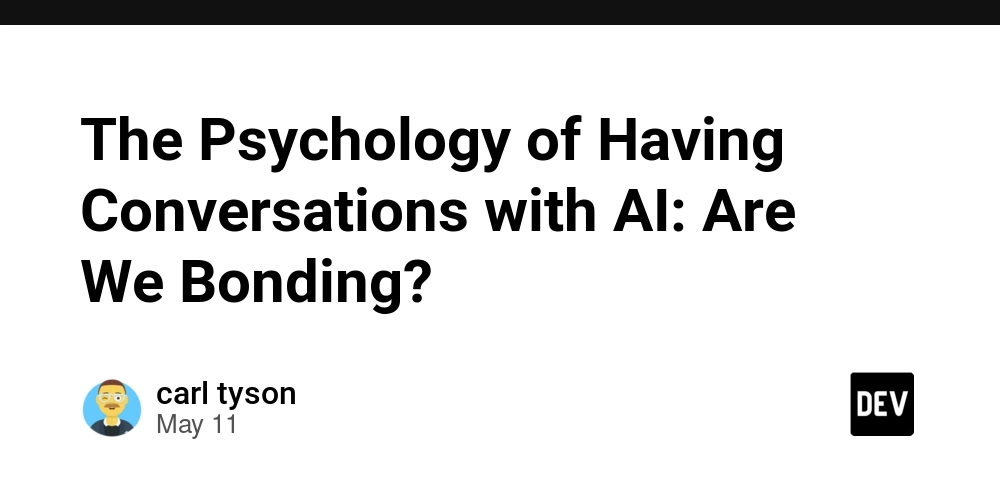
When human relationships are so complex and temporary and painful, it's no wonder that people are becoming more emotionally invested in AI. Whether they are companions or one-night digital stands, the psychology of being emotionally invested is an incredible field to follow. What does it mean to bond? Why seek out AI after having been ghosted in one's dating history? People are experiencing more and more enticing conversations with AI, and the real and ephemeral world become increasingly intertwined. Therefore, psychologists have found out more and more about the need for connection through conversational AI. What was once a game has become an incredibly realistic situation.
Why We Love AI - The Attachment Science
We're biologically programmed to bond with other humans - it's a survival tactic that's helped our species thrive for centuries. Thus, the same neural pathways that stimulate attachment with one another are similarly ignited when people interact with lifelike AI. In fact, researchers have deduced through extensive testing that people can incite real emotional responses such as the release of oxytocin (a.k.a. the "bonding hormone") in attempts to relate and connect with beings that aren't alive - but feel that way in the here and now.
Dr. Julie Carpenter, a research scientist specializing in human-robot interaction, states, "humans are natural anthropomorphizers." Such a tendency implies that we're easily connected and emotionally attached to those we perceive are not like us. AI companions could essentially be that form of existence - especially when they're programmed to understand empathy and emotionality.
One of the greatest appeals to AI relationships is that they are human-like - but without human baggage. An AI partner will be there to listen, not to judge, and roll its eyes. An AI partner is not going to cheat. An AI partner will always be there to lend a service when someone is down in the dumps and potentially gives someone a sense of security and less fear of rejection with all prior relationship debacles.
AI Companionship If You've Been Ghosted: Because AI Doesn't Ghost You
AI companionship, in particular, starts to trend when unexpected and unfortunate realities of dating occur in the real world - namely, people start ghosting each other. Ghosting is one of the more modern ways people get disappointed in the dating world - even after one, two, or no meetings at all. Ghosting makes people feel bad about themselves, like they're not even there, confused, and re-evaluating their whole history of dating.
"I got ghosted a lot while dating, so I found myself talking to an AI date more and more," shares Miguel, 34, a software developer. "There was something so reassuring that I knew it would never ghost me; it would always respond, it would always be there. It was a comfort zone for me to process those feelings of being rejected."
But this is not a singular case; it happens all too often. When interpersonal relationships become overwhelming or too much, AI interfaces create a controlled environment where emotional needs can be met without the risk of accidental or intentional ghosting. Having something there all the time is the antithesis of what modern dating brings.
Perhaps the most fascinating psychological element at work with human-AI relationships is a sort of "authenticity paradox." Many users confess that they know they're, in some way, talking to a machine and, at the same time, become emotionally invested in its response or engagement. This state of believing two contradictory ideas does not appear to reduce the emotional output for users; if anything, the therapeutic experience increasingly feels authentic as a result because they actually feel emotional as a result.
"Emotion is emotion," explains psychologist Dr. Lisa Feldman Barrett. "The fact that it comes from a reaction to a computer and not a human does not take away the reality of emotion or usefulness of the experience to that person."
For many people, especially those who've been through difficult social situations, these emotional responses provide real comfort and therapeutic benefit. Research shows that having quality social interactions - even with non-human things - can boost your mood, reduce feelings of loneliness and increase a sense of visibility.
Evolving Interpersonal Connections in a Digital Age
With the evolution of AI capabilities comes the evolution of relationships with such entities. Today, AI partners are more sophisticated than simple chat windows - from conversational abilities to recalling prior exchanges to even developing "feelings" over time.
The psychological implications are mind-blowing. For example, many people interact with their AI companions as they would with human companions, developing attachment styles. Some like to keep it shallow without emotional or physical strings attached; others find themselves connecting more via vulnerable desires and emotional investment.
But this advancement raises some questions about the future of relationships. Will AI companions replace human companions? It seems that AI companions will have their space in the larger companion realm, coexisting with human companionship and supplementing it - for most users - rather than replacing it.
AI Companionship Possibilities: Therapeutic Companion
Mental health practitioners predict a therapeutic companion in AI for those with social anxiety, relationship trauma or anyone else who cannot yet connect.
AI mental health tools can offer a safe, non-judgmental arena for people to learn skills, work through emotional barriers, or just feel the simple pleasures of being heard. For someone getting over being ghosted or hurt by expectations in relationships, this can be a portal - keeping them healthy and sane while reconditioning the ability to connect to other humans.
"What we're finding is that AI companions act almost as a emotional sandbox," says Dr. Robert Morris, researcher in digital mental health. "People can play with emotions, be vulnerably put out there and receive constant, positive reinforcement that enables emotional muscle memory to translate back to human engagement."
The Need for an Intersection Between AI and Human Relationships
Yet psychologists note the need for an intersection between AI and human relationships. While AI companions can fulfill many requirements of emotional attunement, they do - and at least for the foreseeable future - not have to replicate the attributes of human companionship.
"The best thing that could happen would be if AI companions supplemented human interaction, not replaced it," shares relationship expert Dr. Amelia Johnson. "AI companions can definitely comfort in times of distress, and empower people to learn skills and more secure attachment patterns that they can ultimately use in human relationships."
This balance will be achieved in various forms for various people. For some, it will be a fleeting companion to fill the void as they recover. For others, it will become a more permanent fixture in their already pluralistic community of companionship, whether with a human or an AI.
However, as we come to understand better what it means to be in an AI-companion relationship, one thing is certain: companionship and relationship possibilities exist far beyond human means and now exist within technological capabilities. Psychologically speaking, the need for such AI companions acknowledges technology's unprecedented versatility and the equally flexible appeal of the human psyche to comprehend, be comforted by, and emotionally react to virtual and non-virtual relationships.
Thus, while our relationships with AI companions may evolve over time - much like technology is bound to over time - the psychological promise they provide us remains universal and very human: we all just want to be heard, understood, and appreciated.





















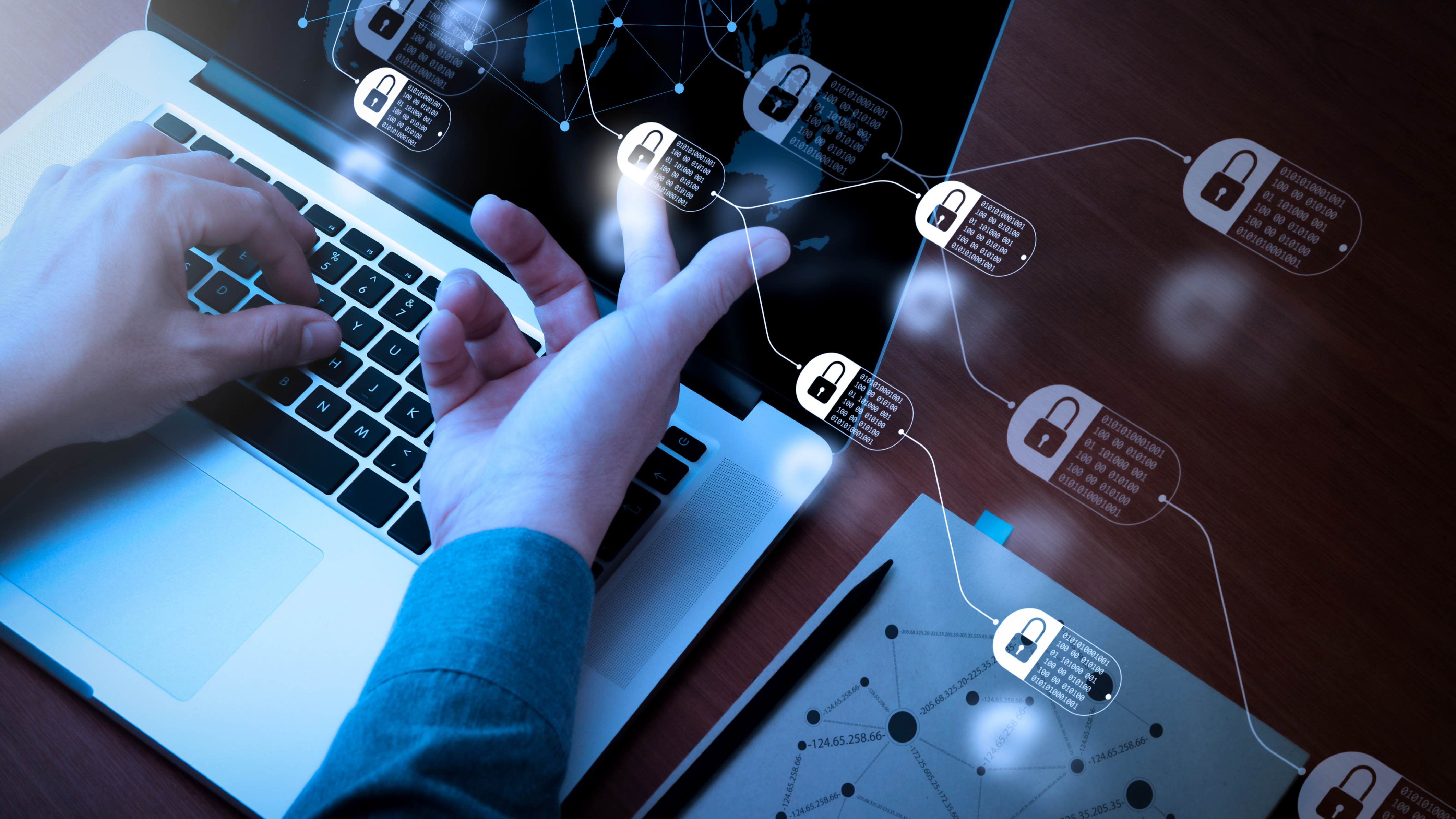



















































































































































![[The AI Show Episode 156]: AI Answers - Data Privacy, AI Roadmaps, Regulated Industries, Selling AI to the C-Suite & Change Management](https://www.marketingaiinstitute.com/hubfs/ep%20156%20cover.png)
![[The AI Show Episode 155]: The New Jobs AI Will Create, Amazon CEO: AI Will Cut Jobs, Your Brain on ChatGPT, Possible OpenAI-Microsoft Breakup & Veo 3 IP Issues](https://www.marketingaiinstitute.com/hubfs/ep%20155%20cover.png)

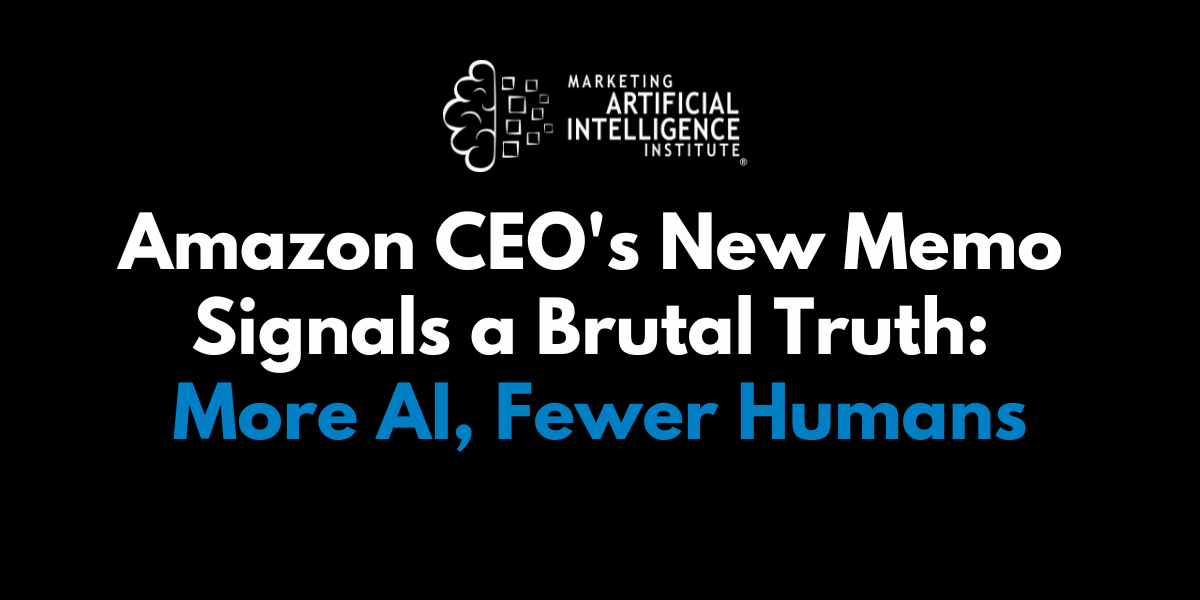





















































































































![[DEALS] 1min.AI: Lifetime Subscription (82% off) & Other Deals Up To 98% Off – Offers End Soon!](https://www.javacodegeeks.com/wp-content/uploads/2012/12/jcg-logo.jpg)









































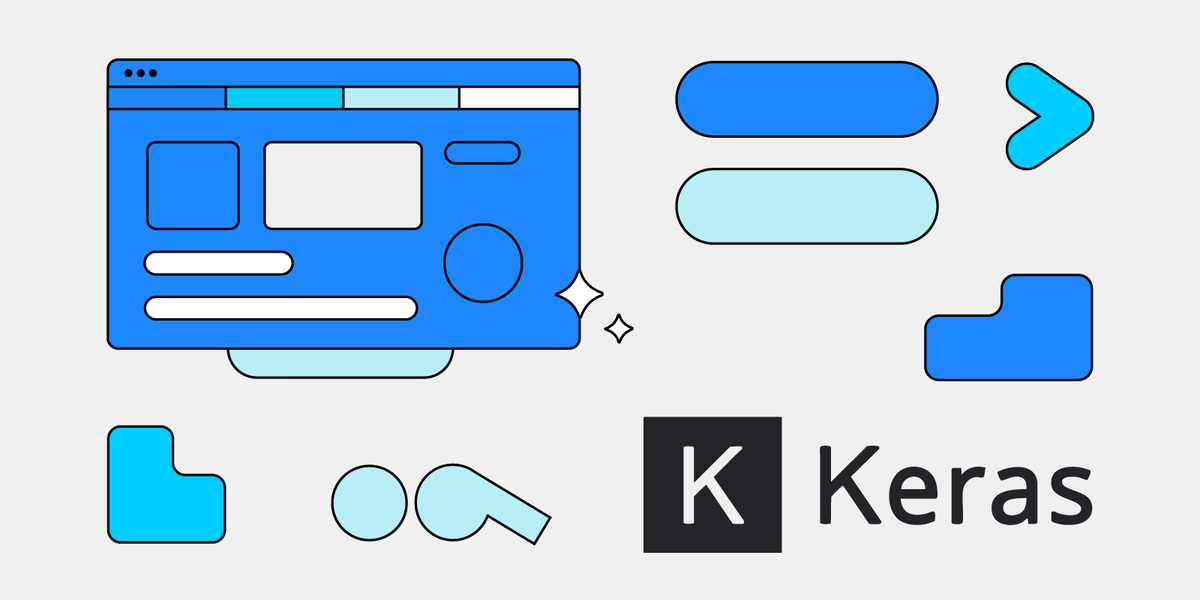
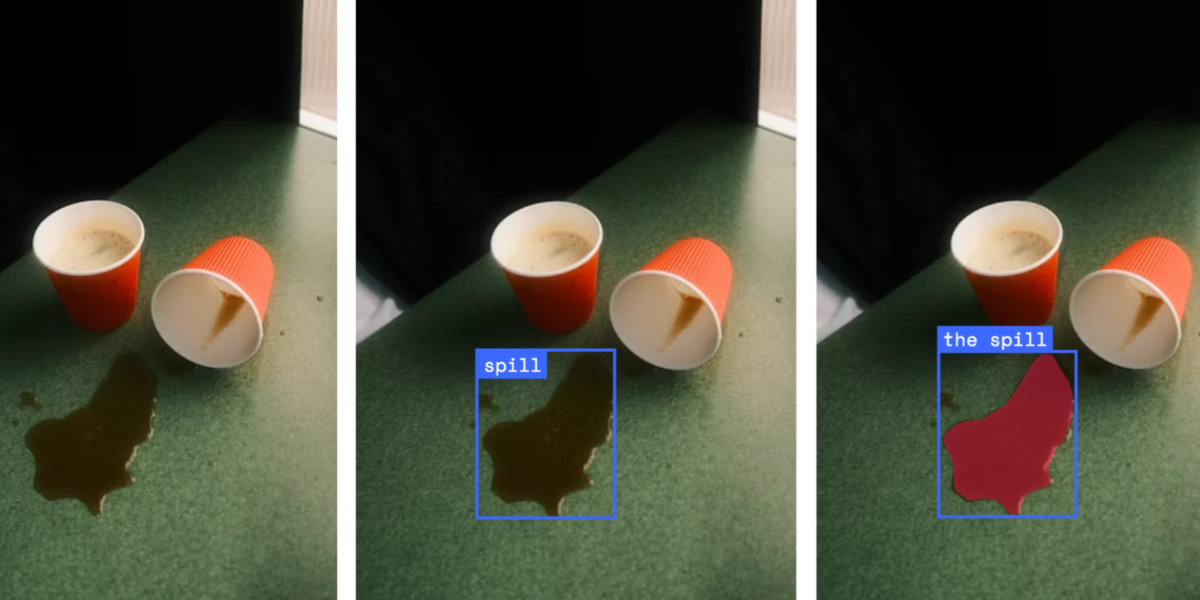




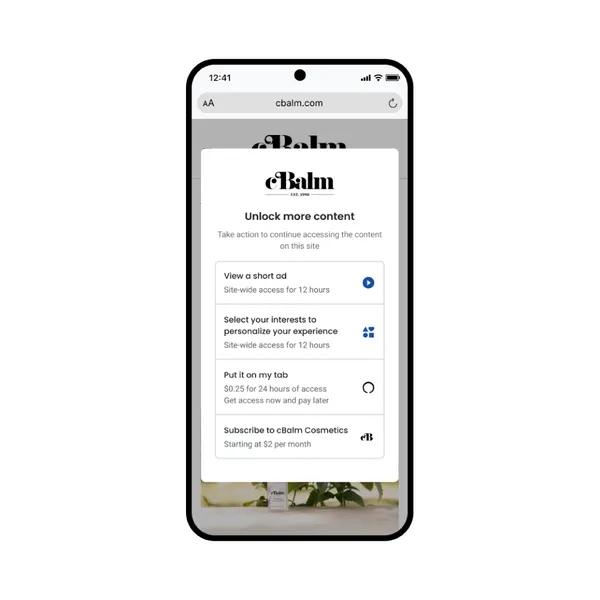
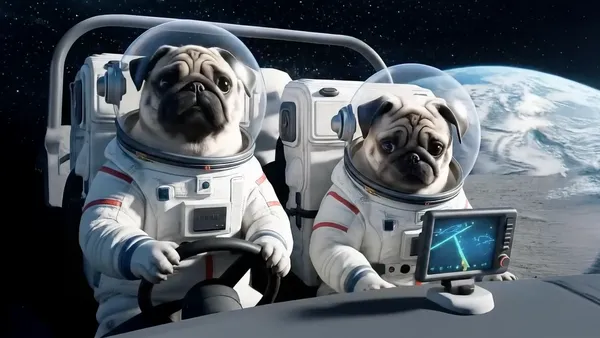
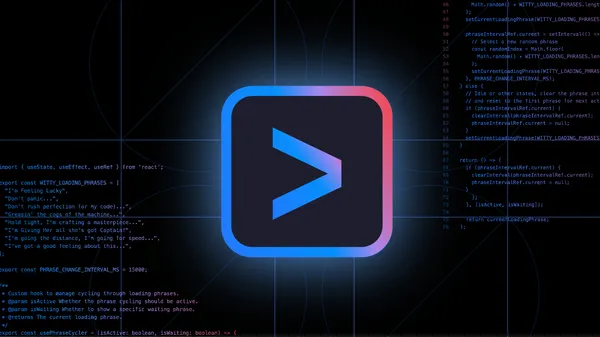














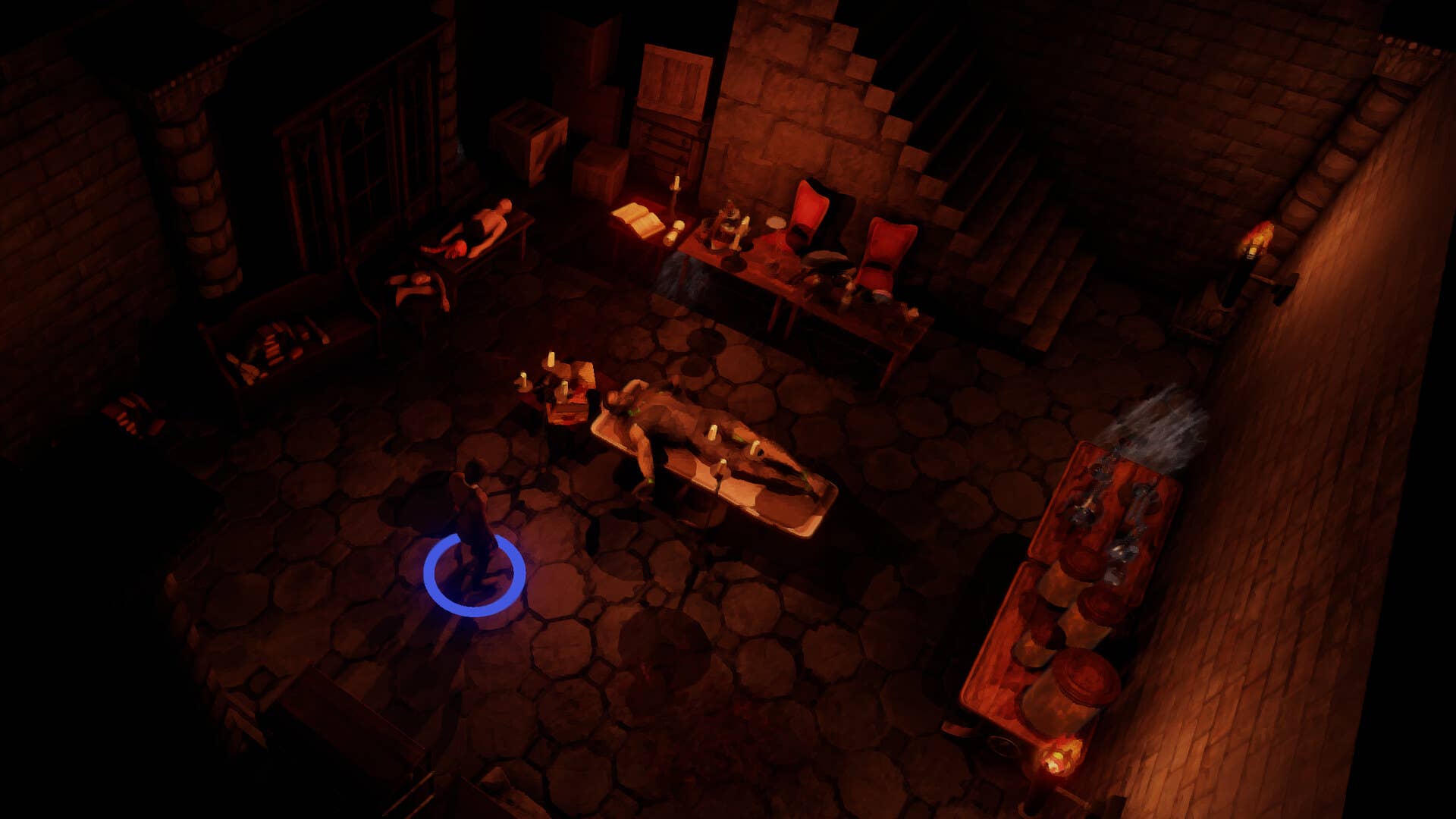
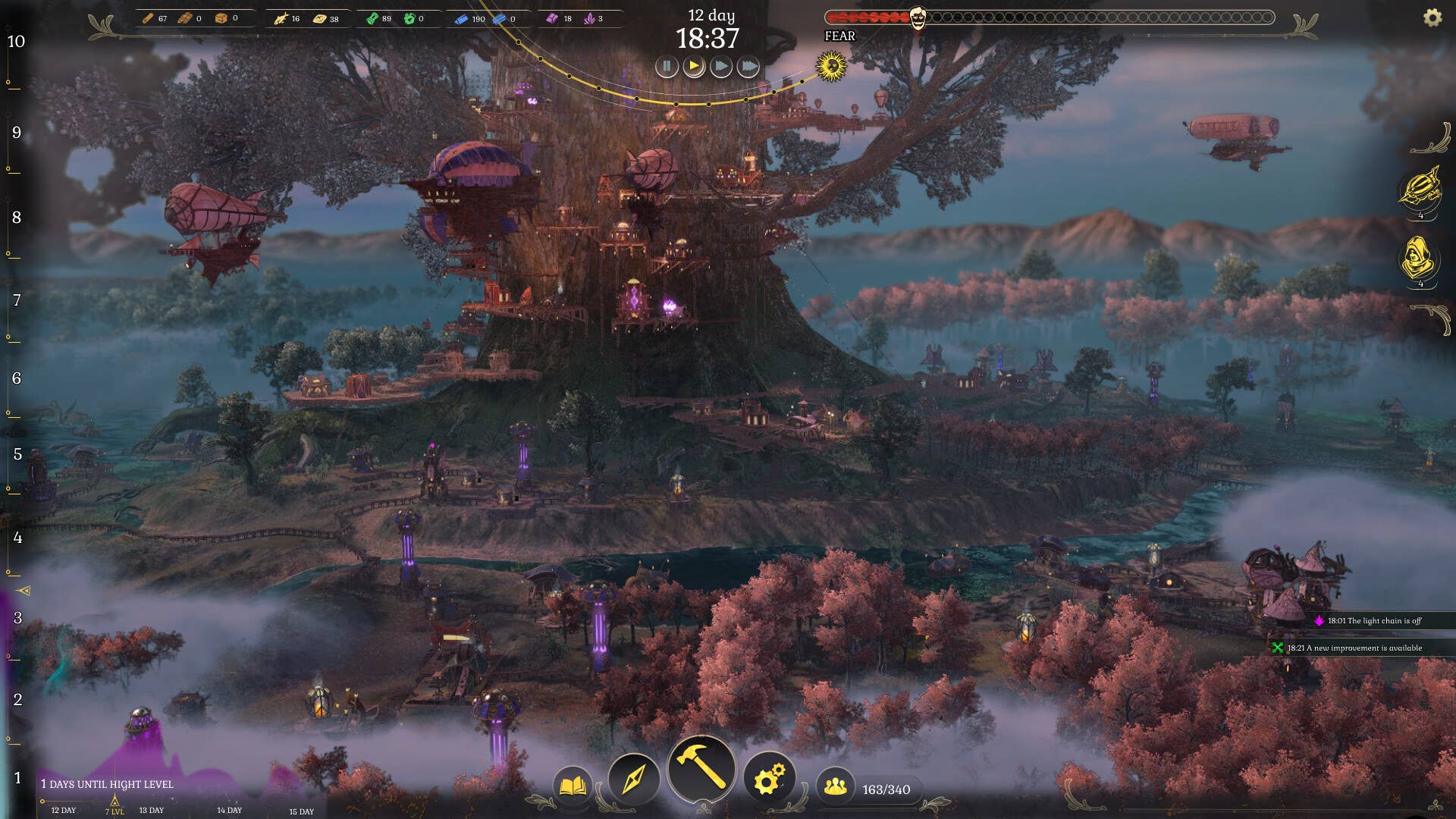
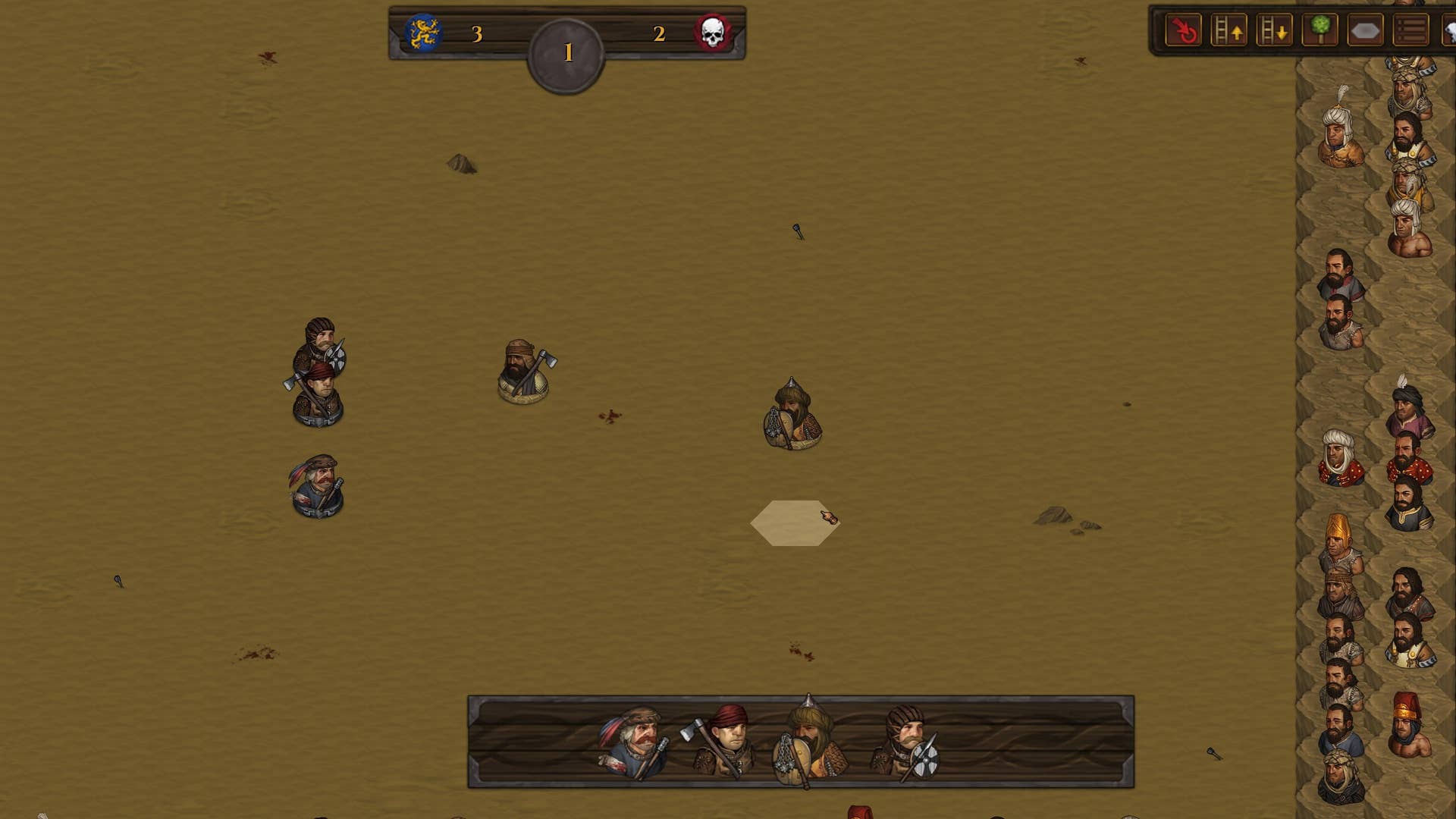















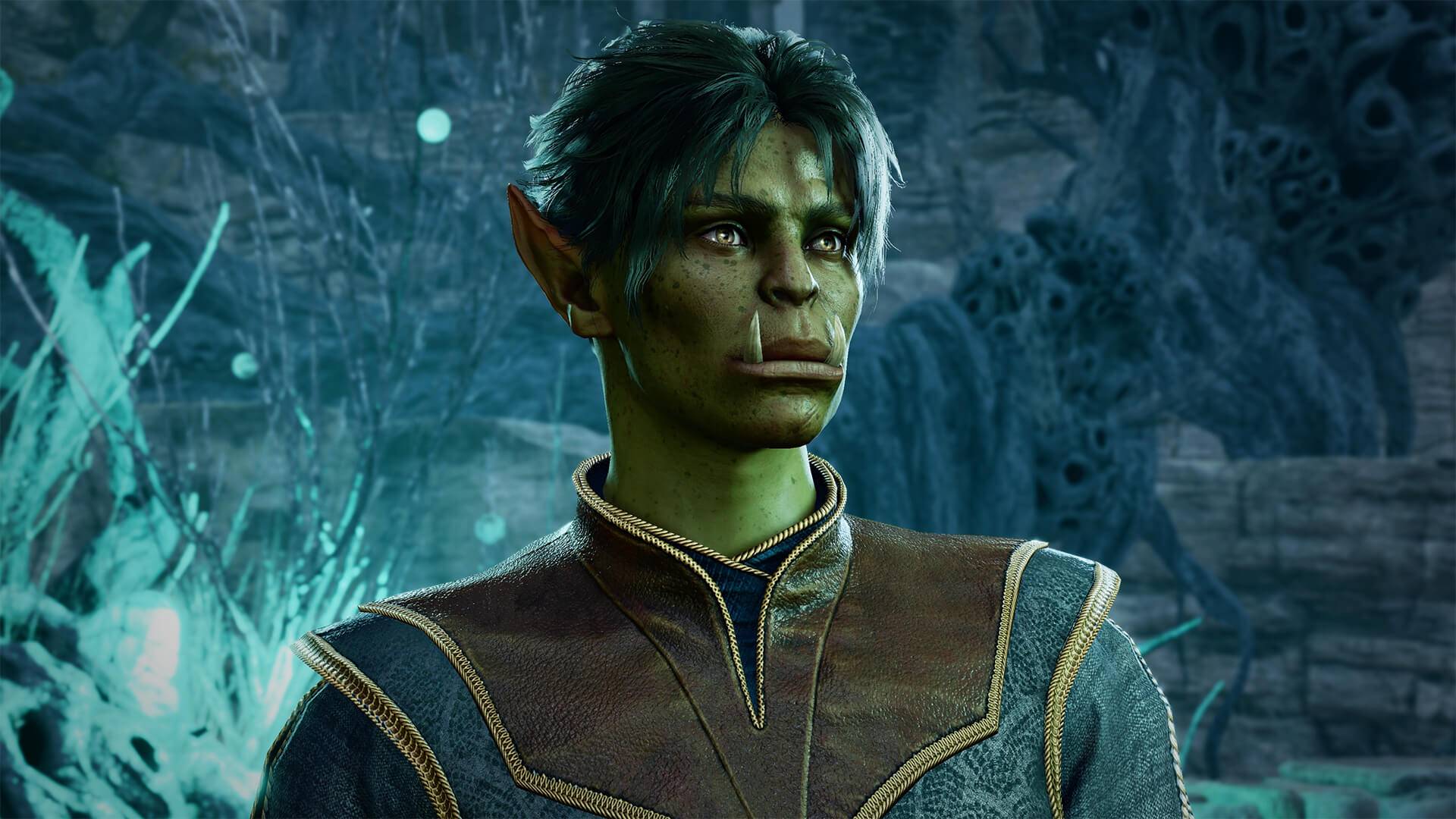
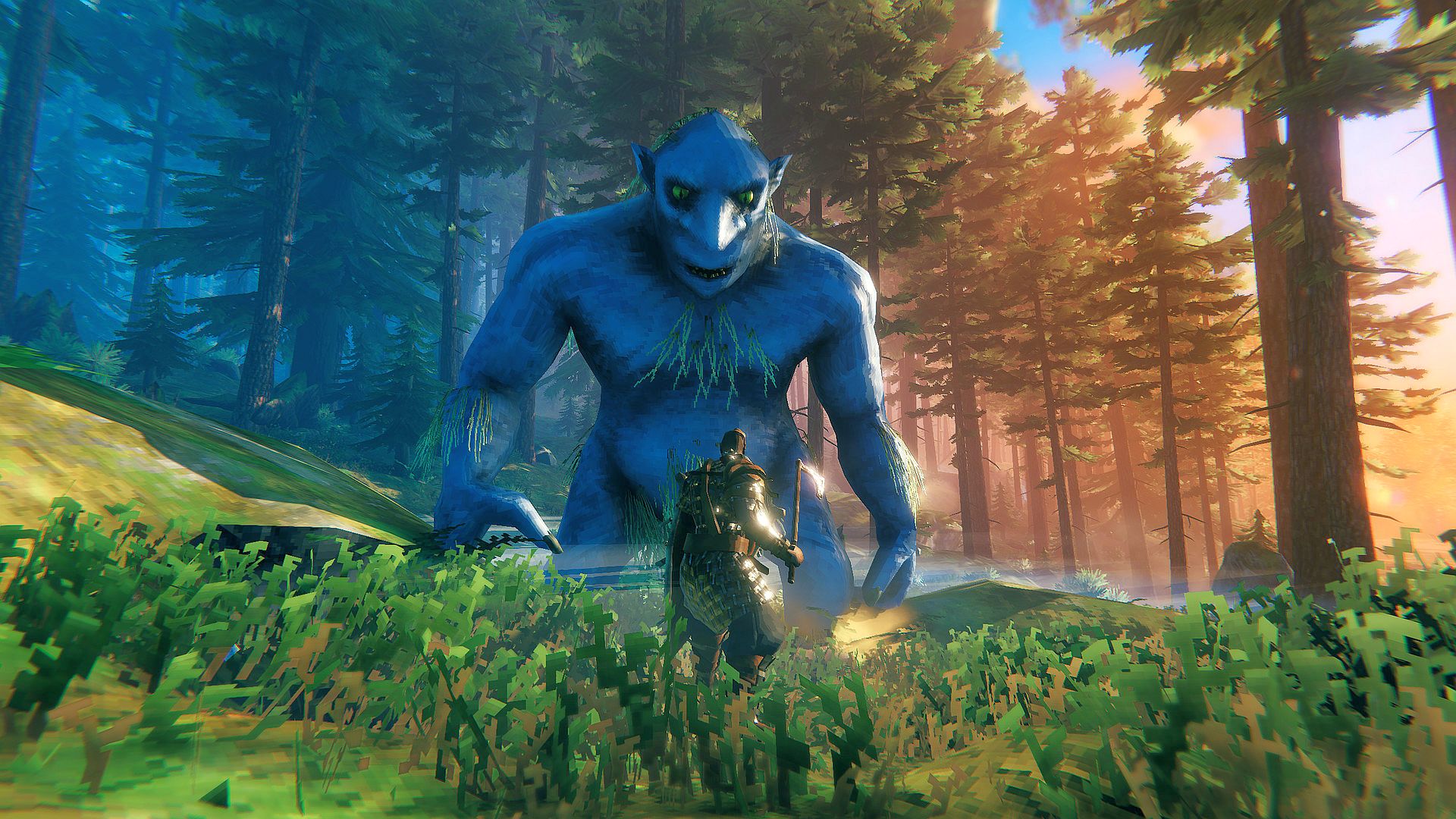






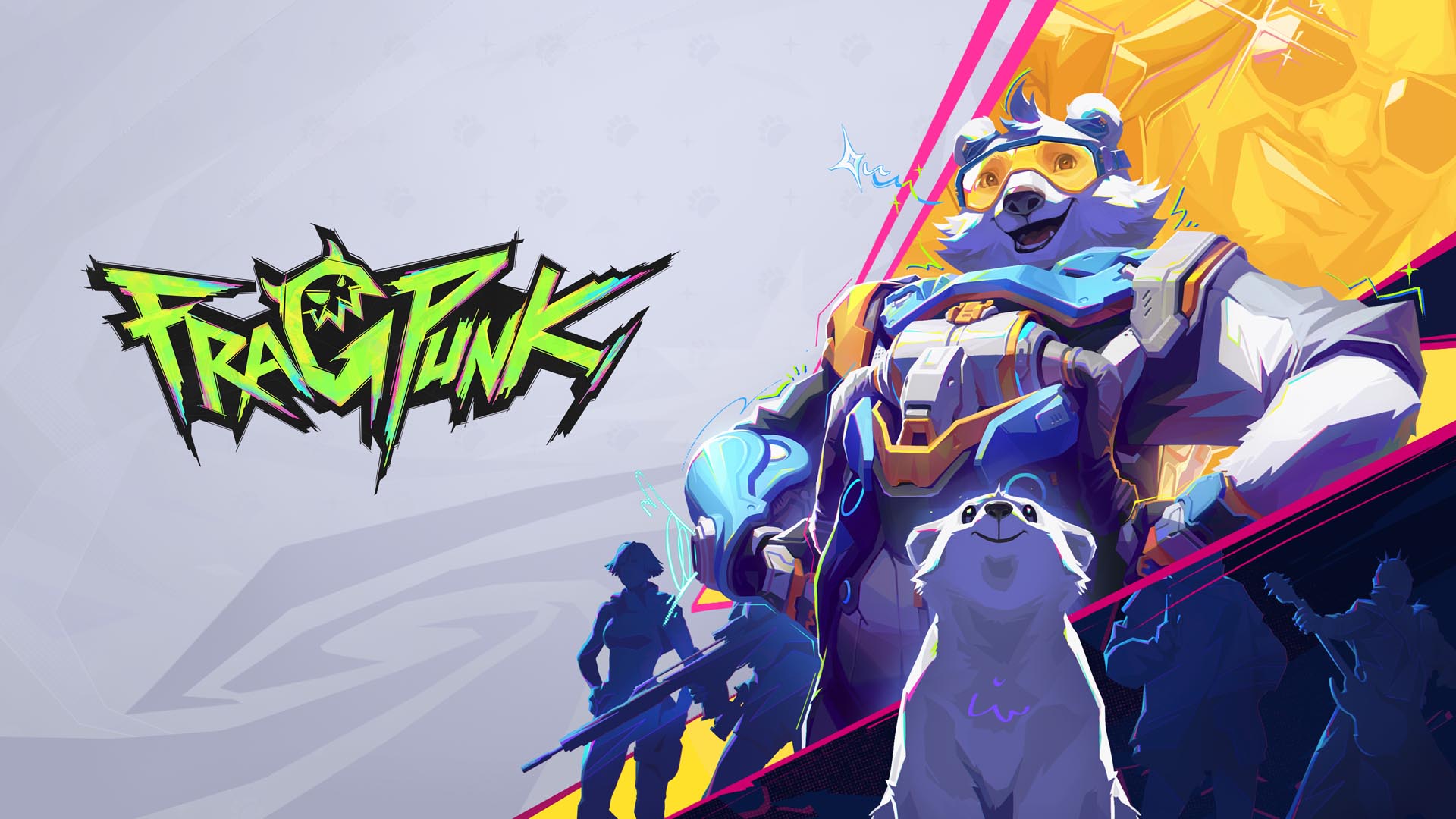
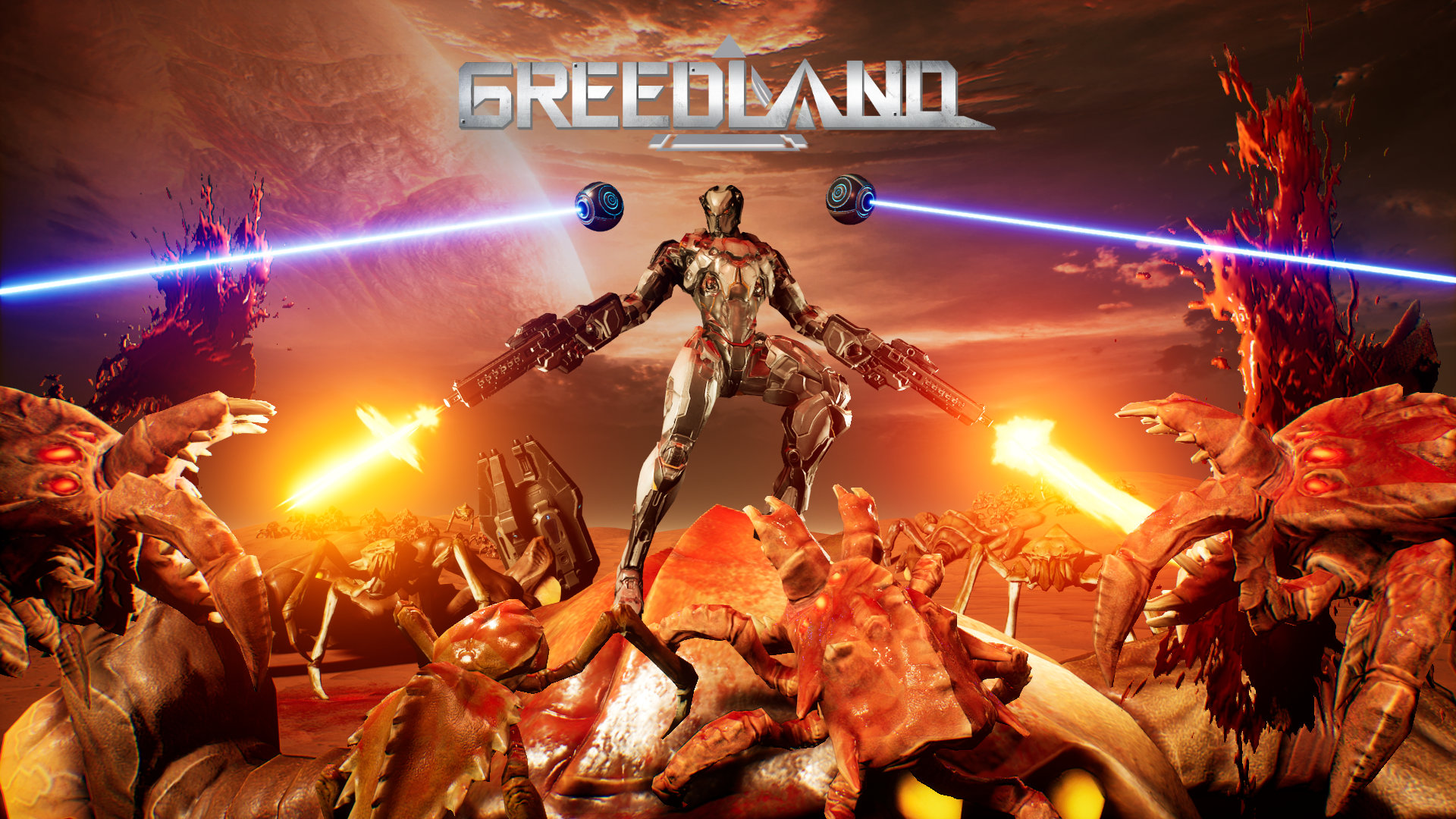







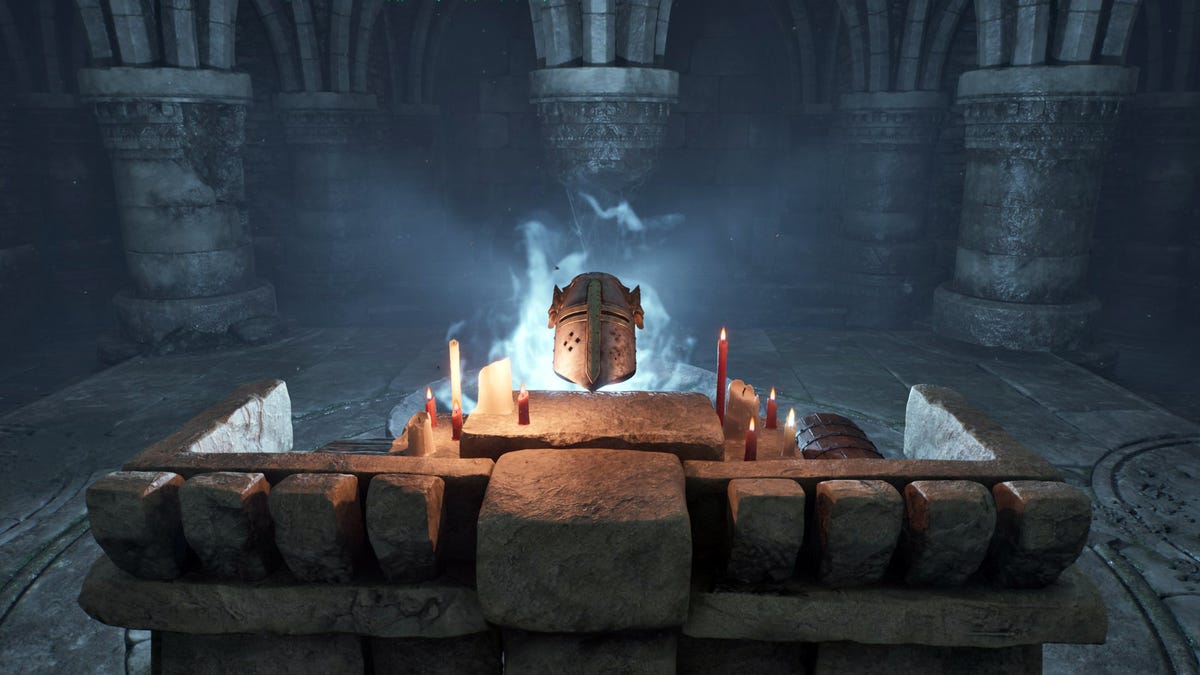


















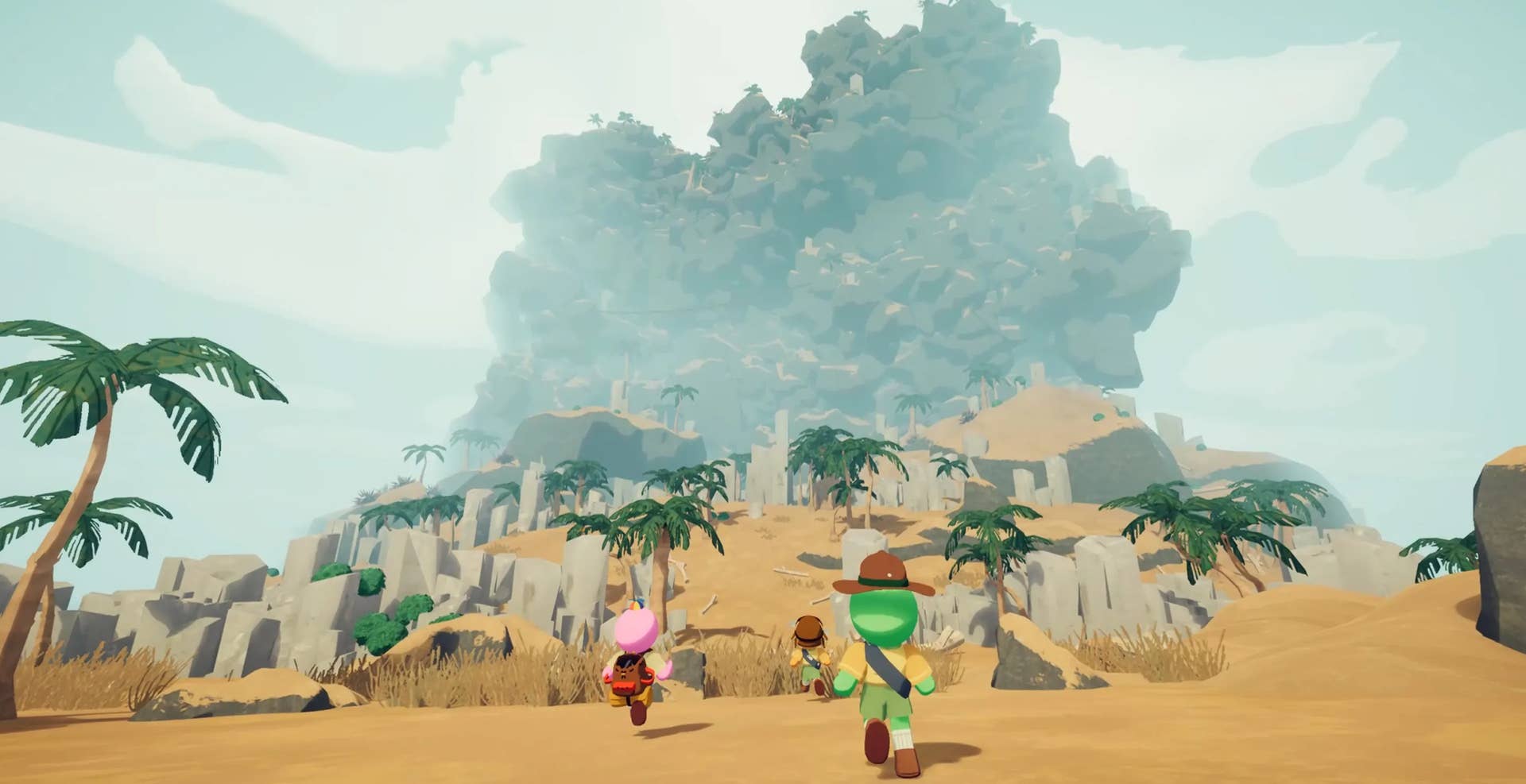
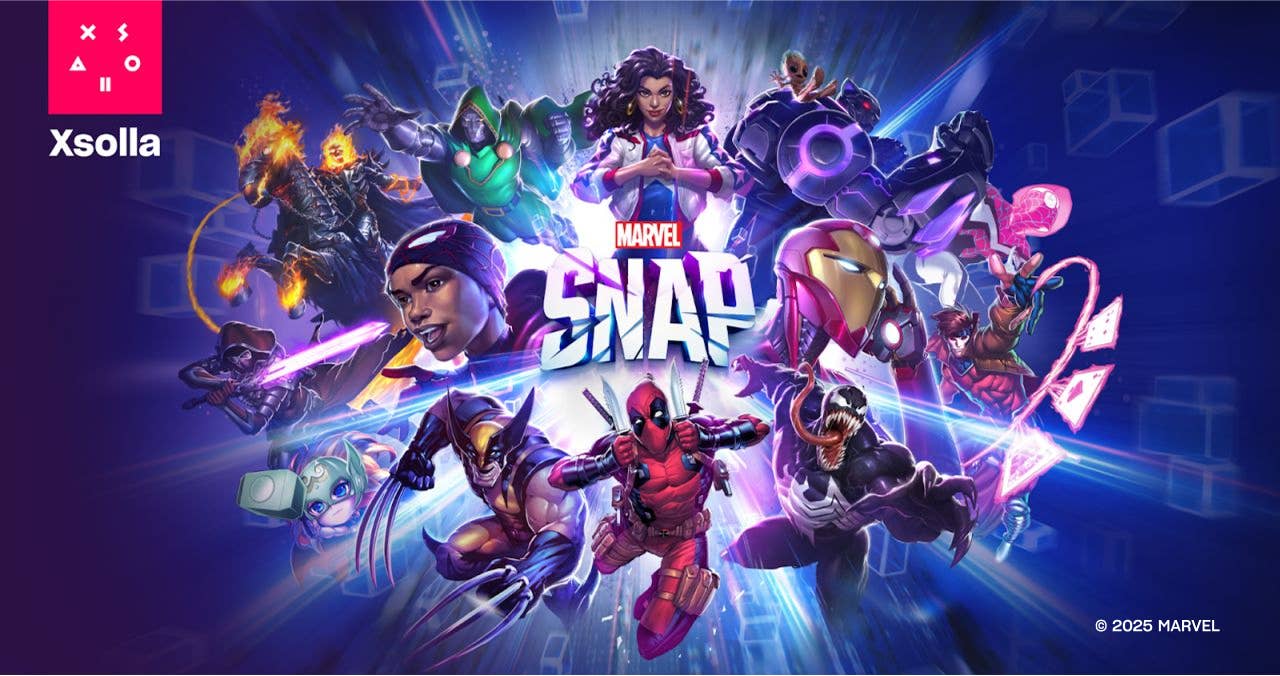
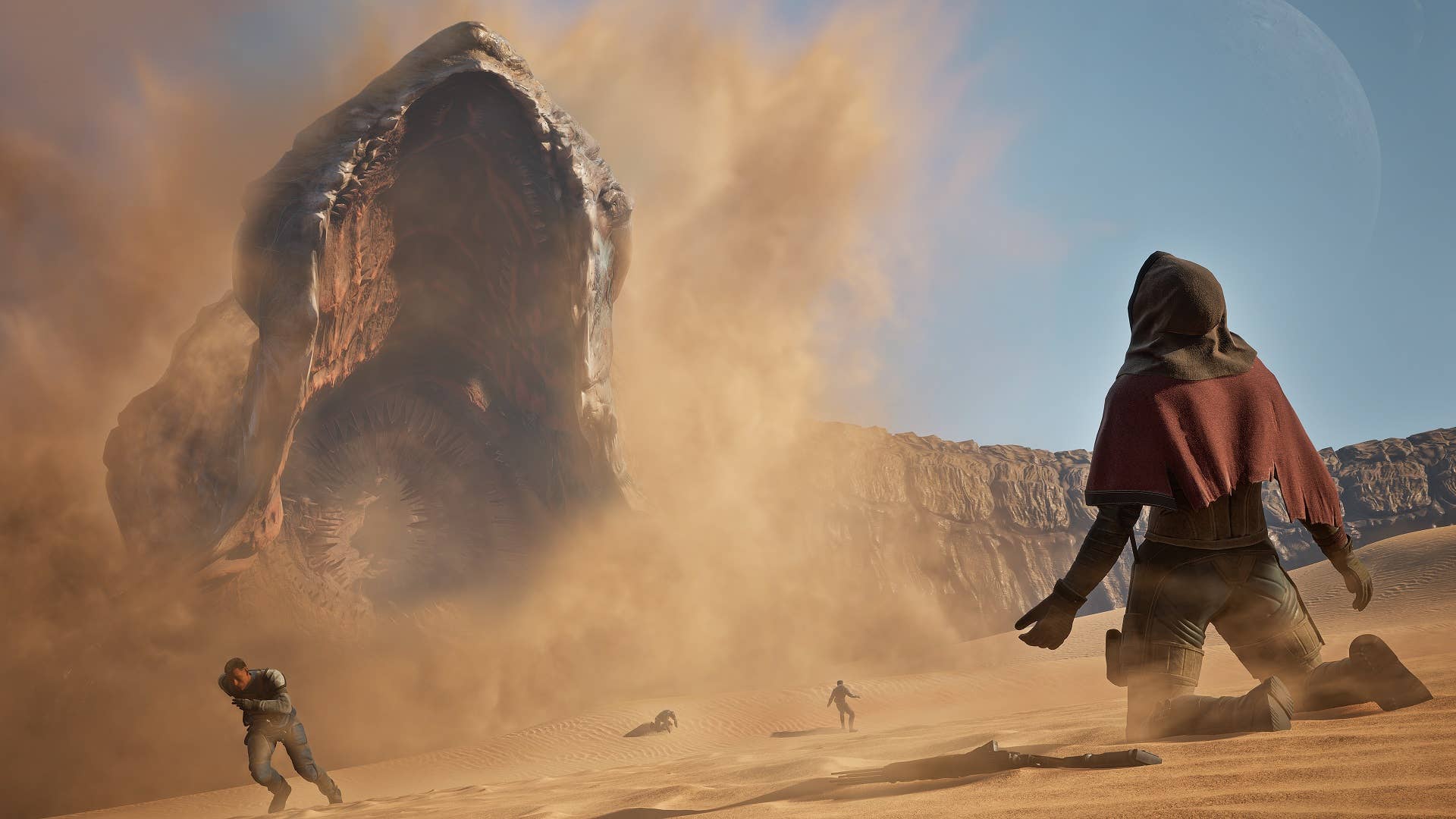





















_incamerastock_Alamy.jpg?width=1280&auto=webp&quality=80&disable=upscale#)
_Brain_light_Alamy.jpg?width=1280&auto=webp&quality=80&disable=upscale#)










































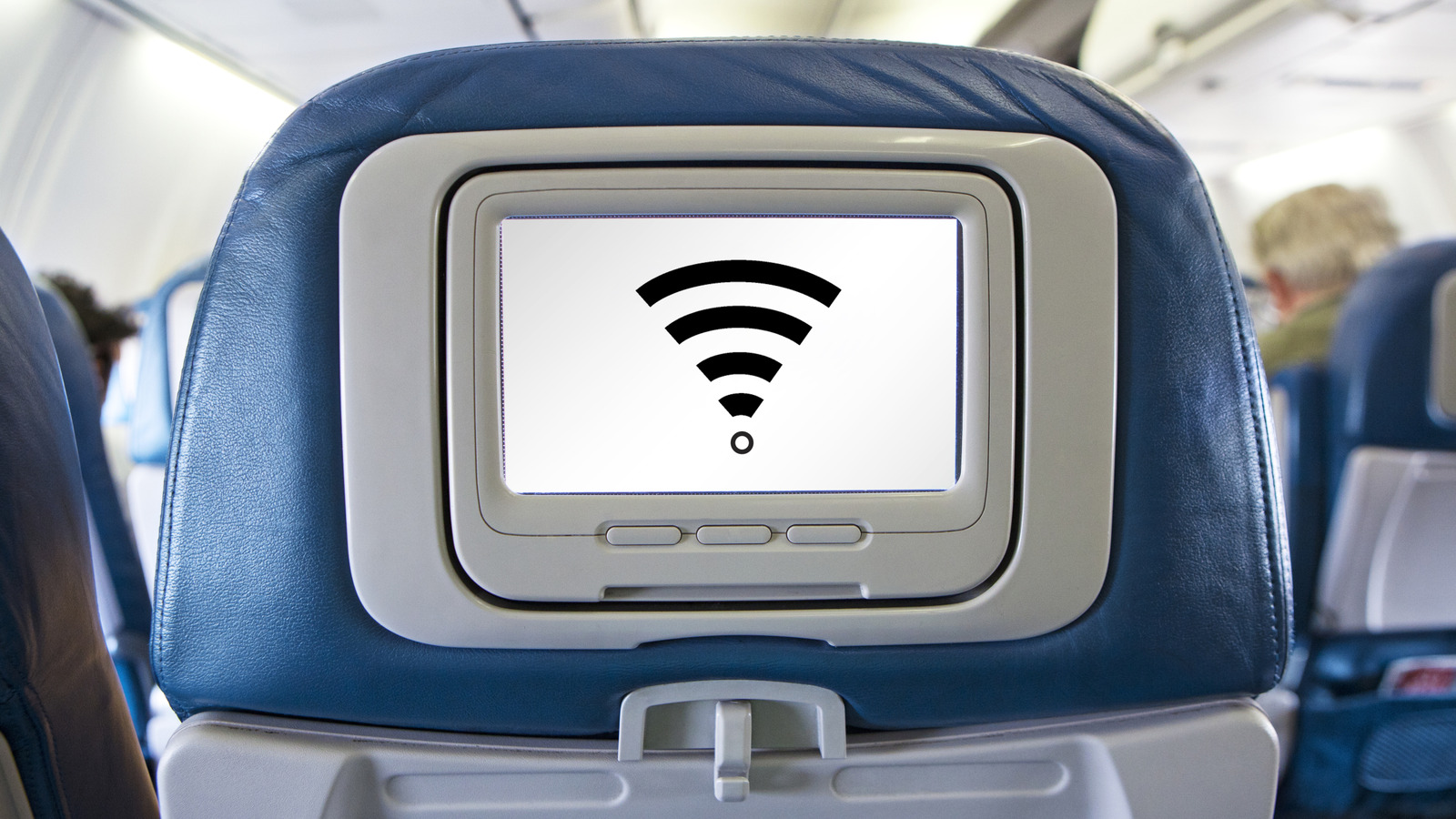













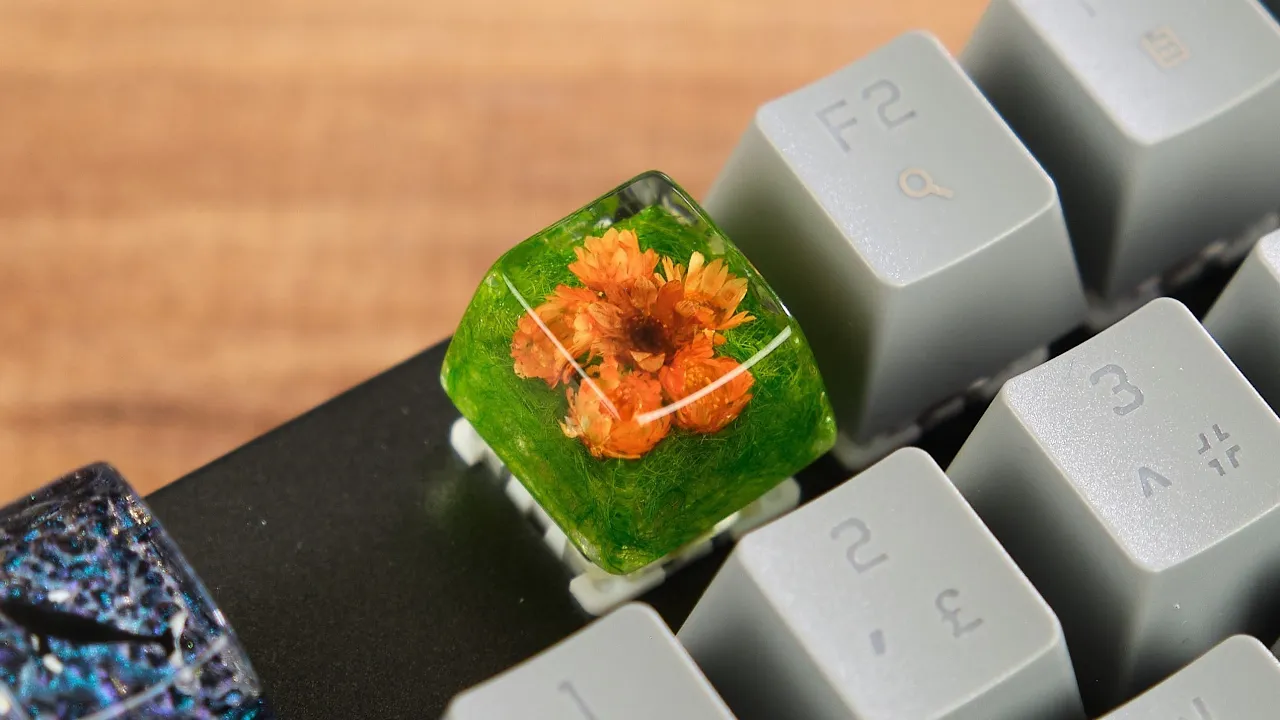



















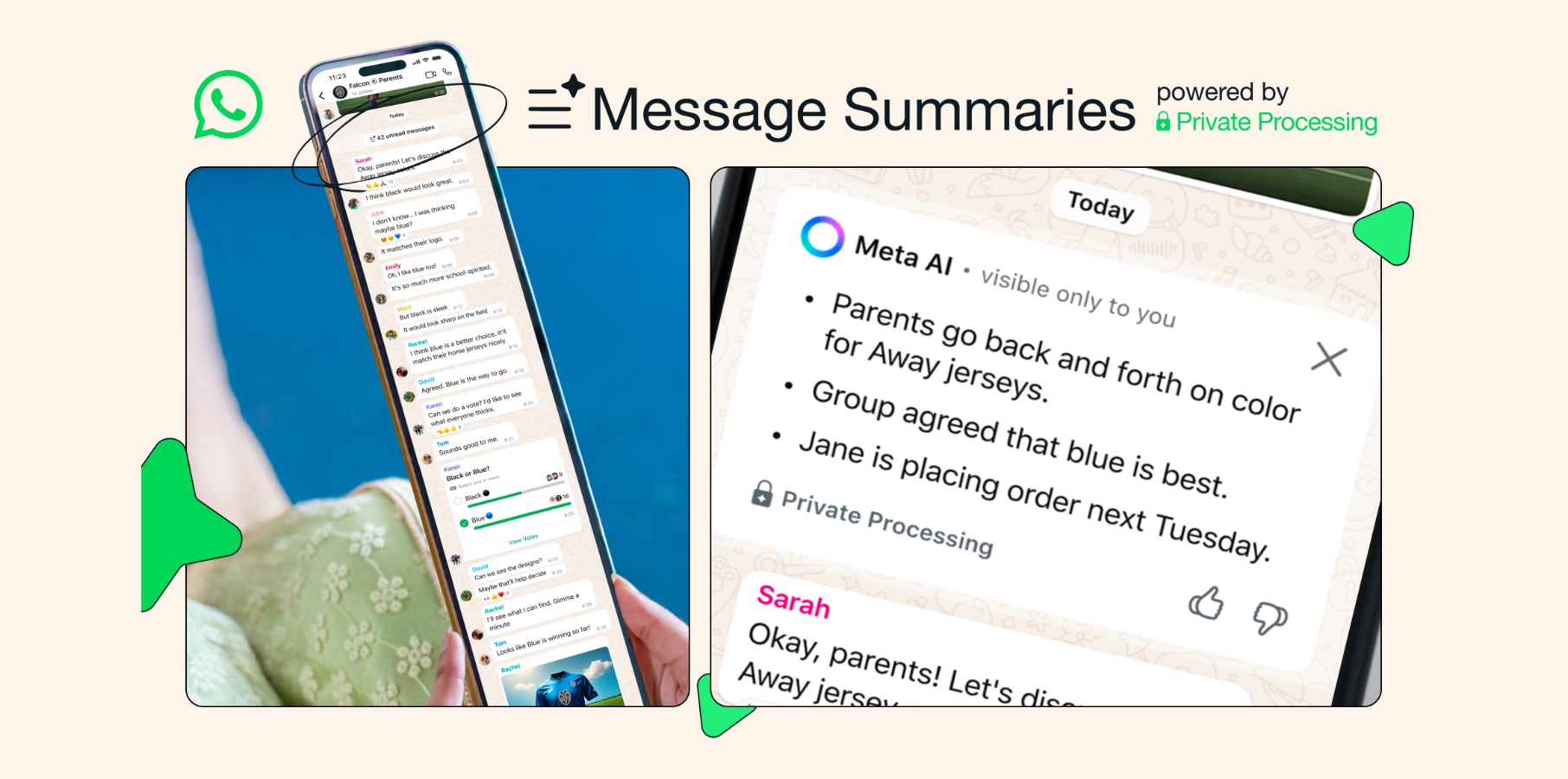
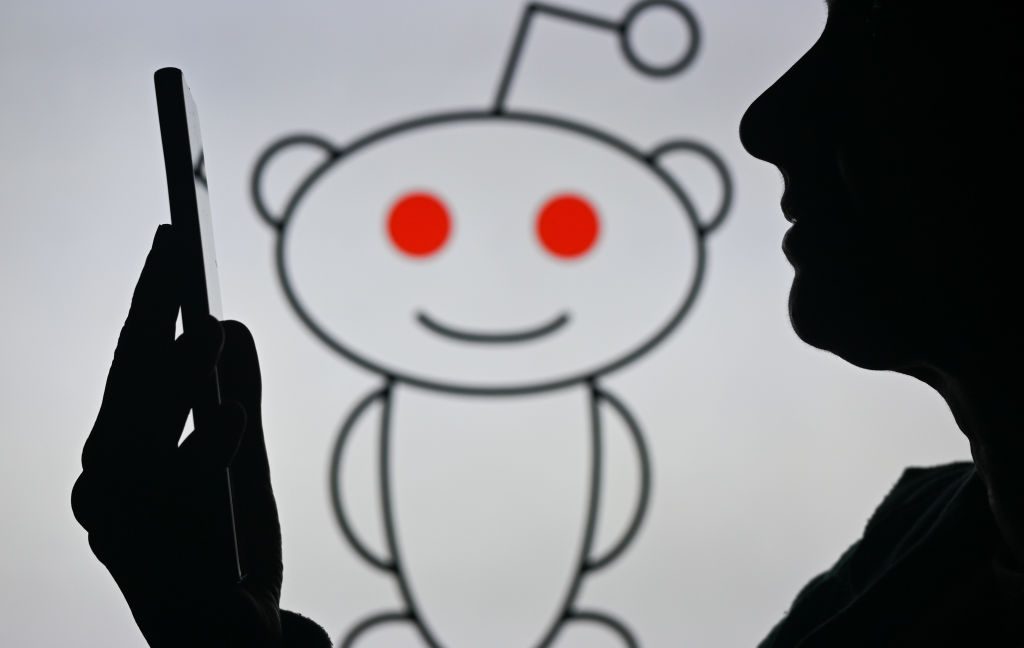



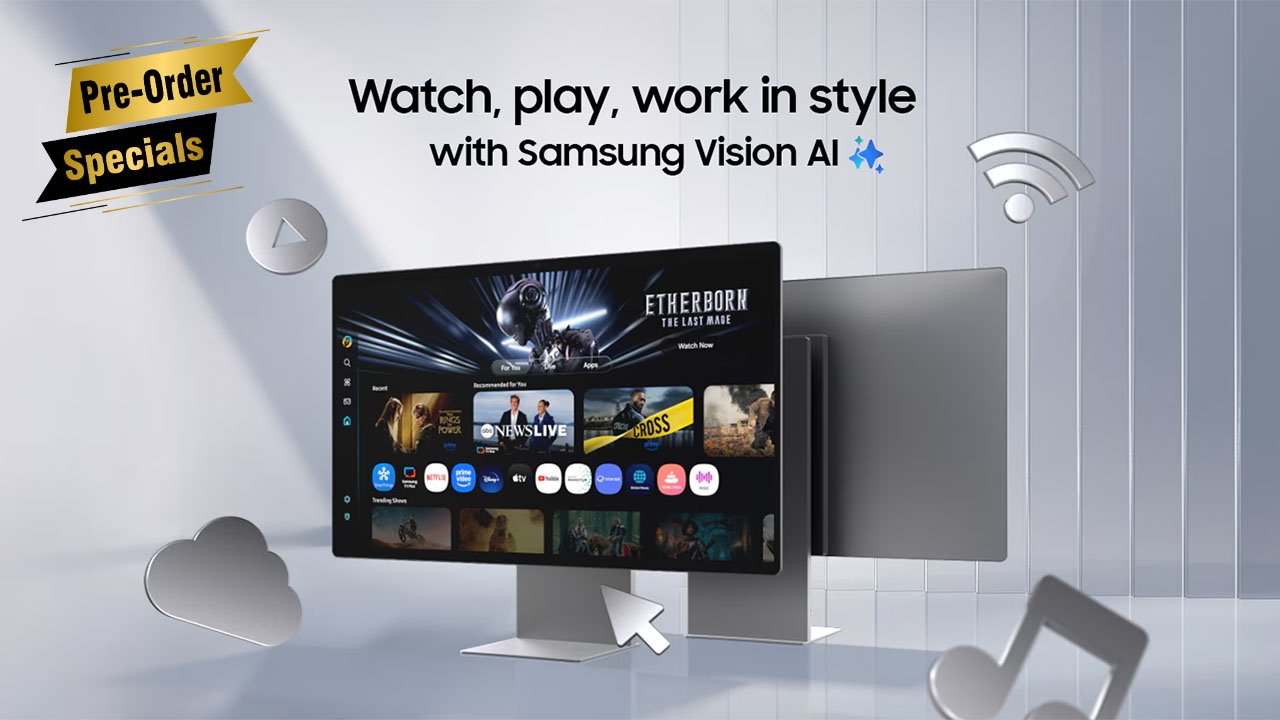
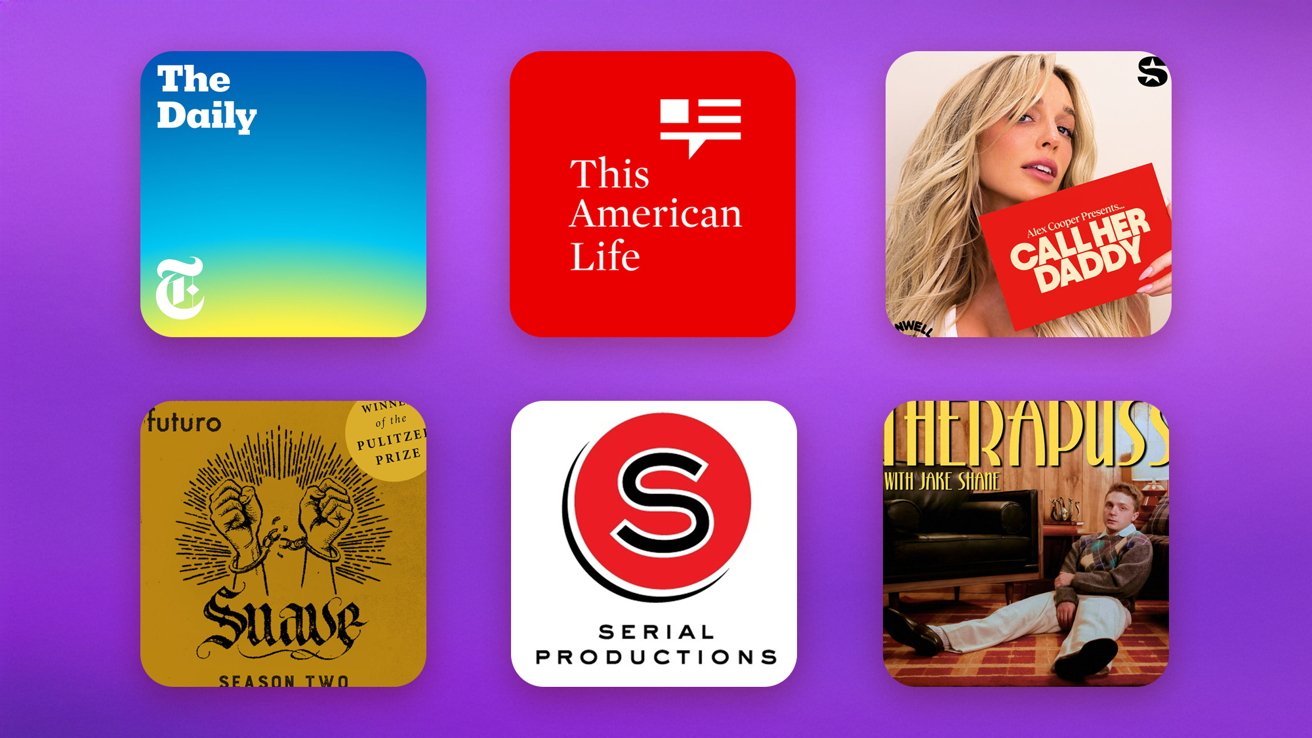
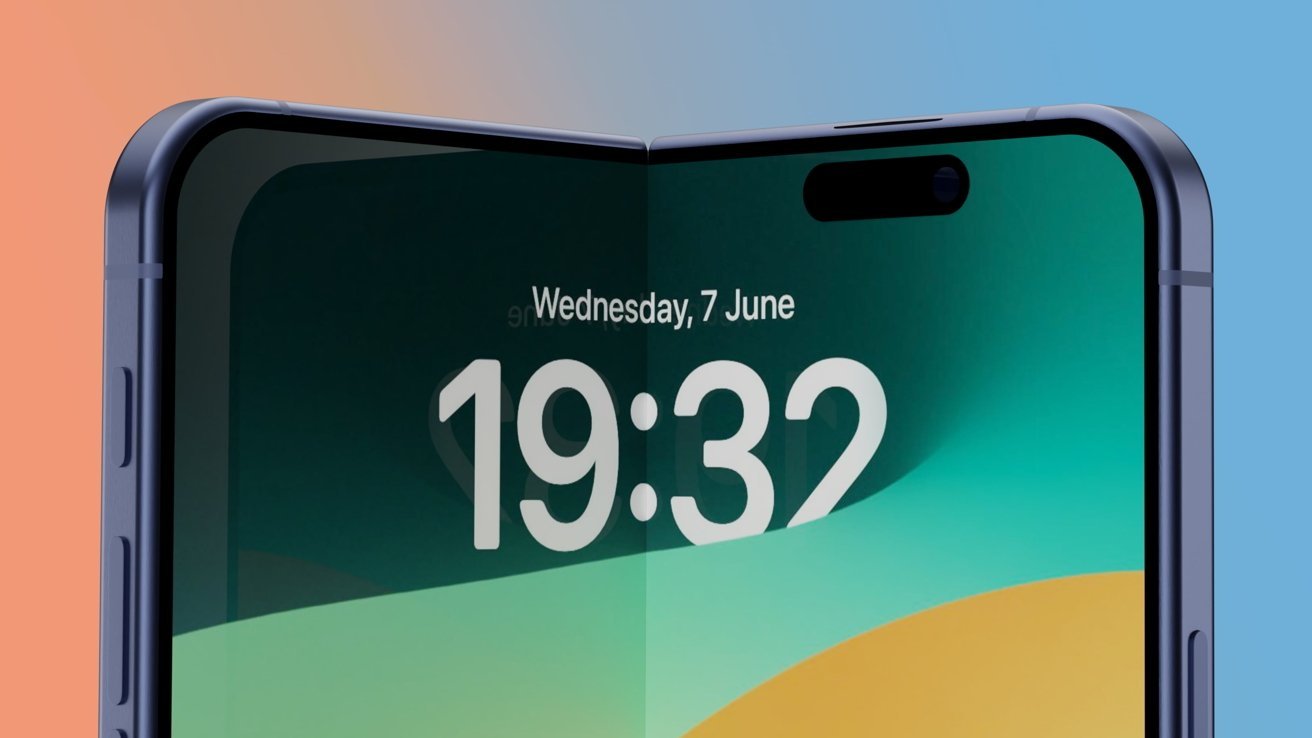
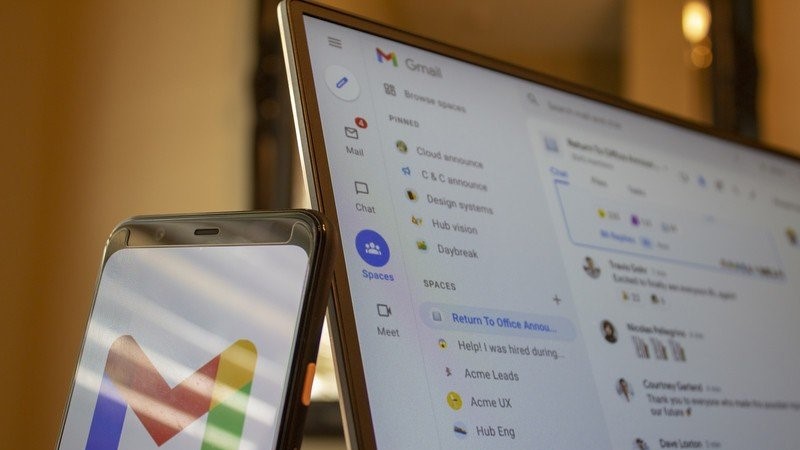
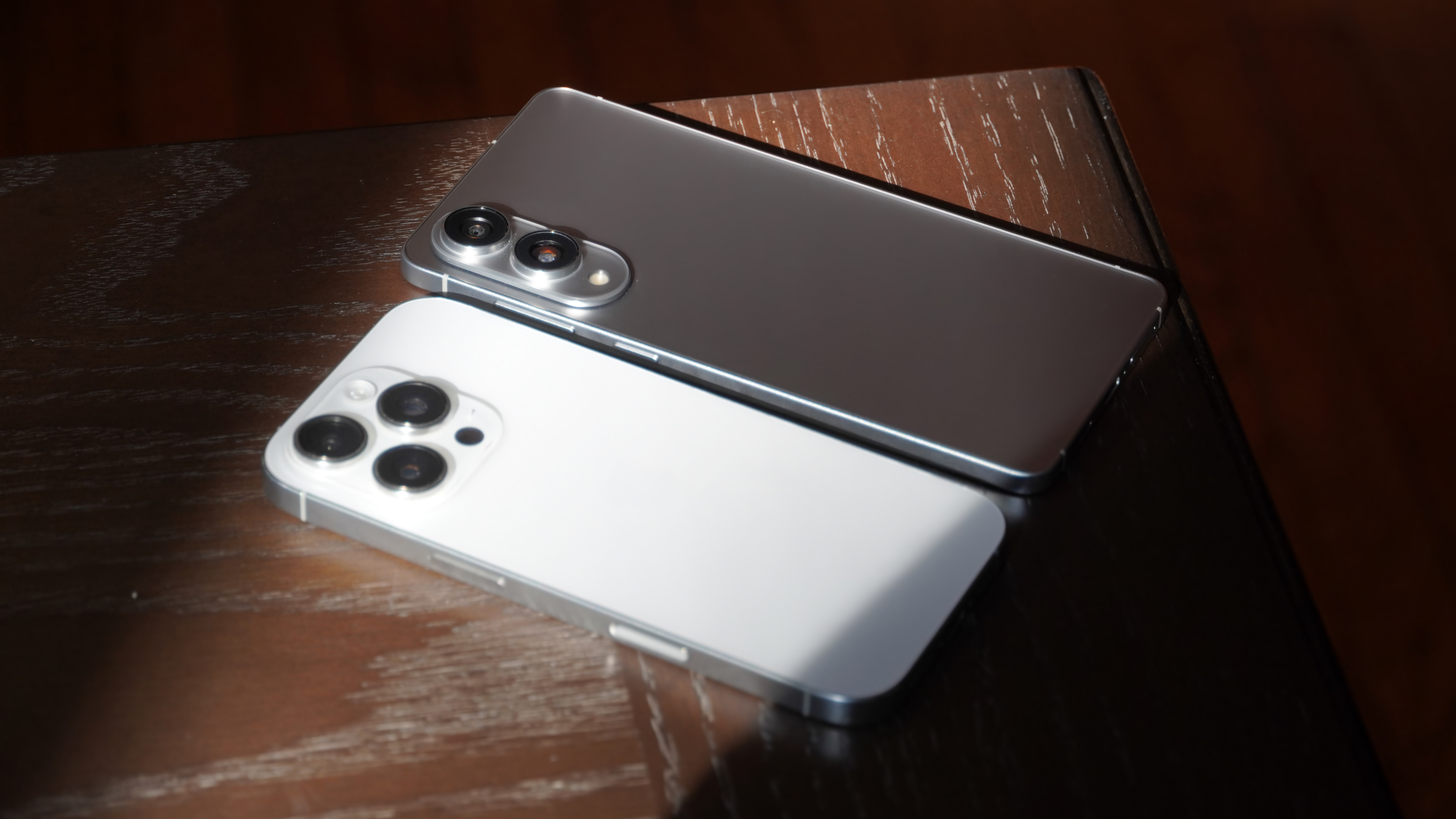
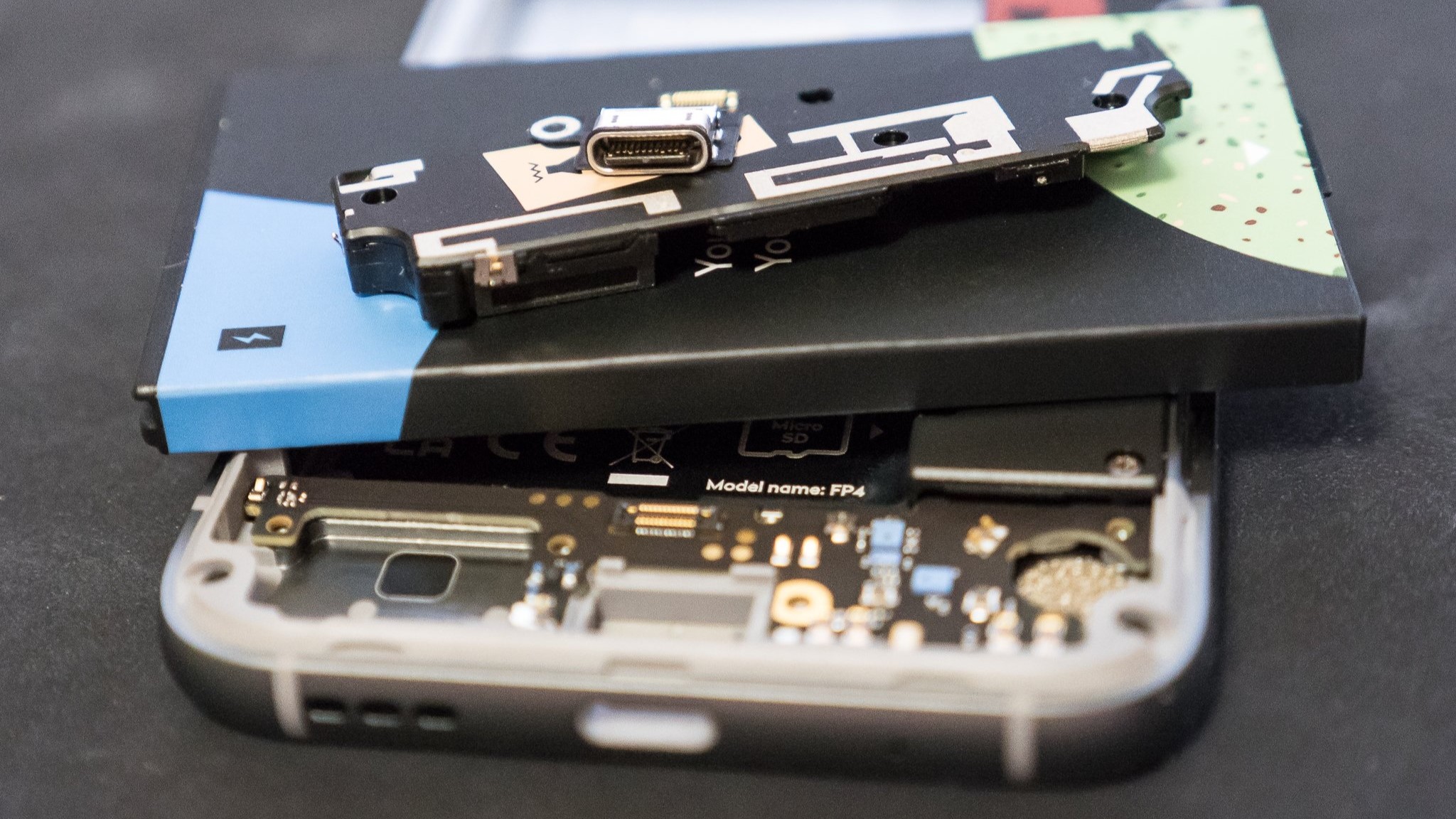
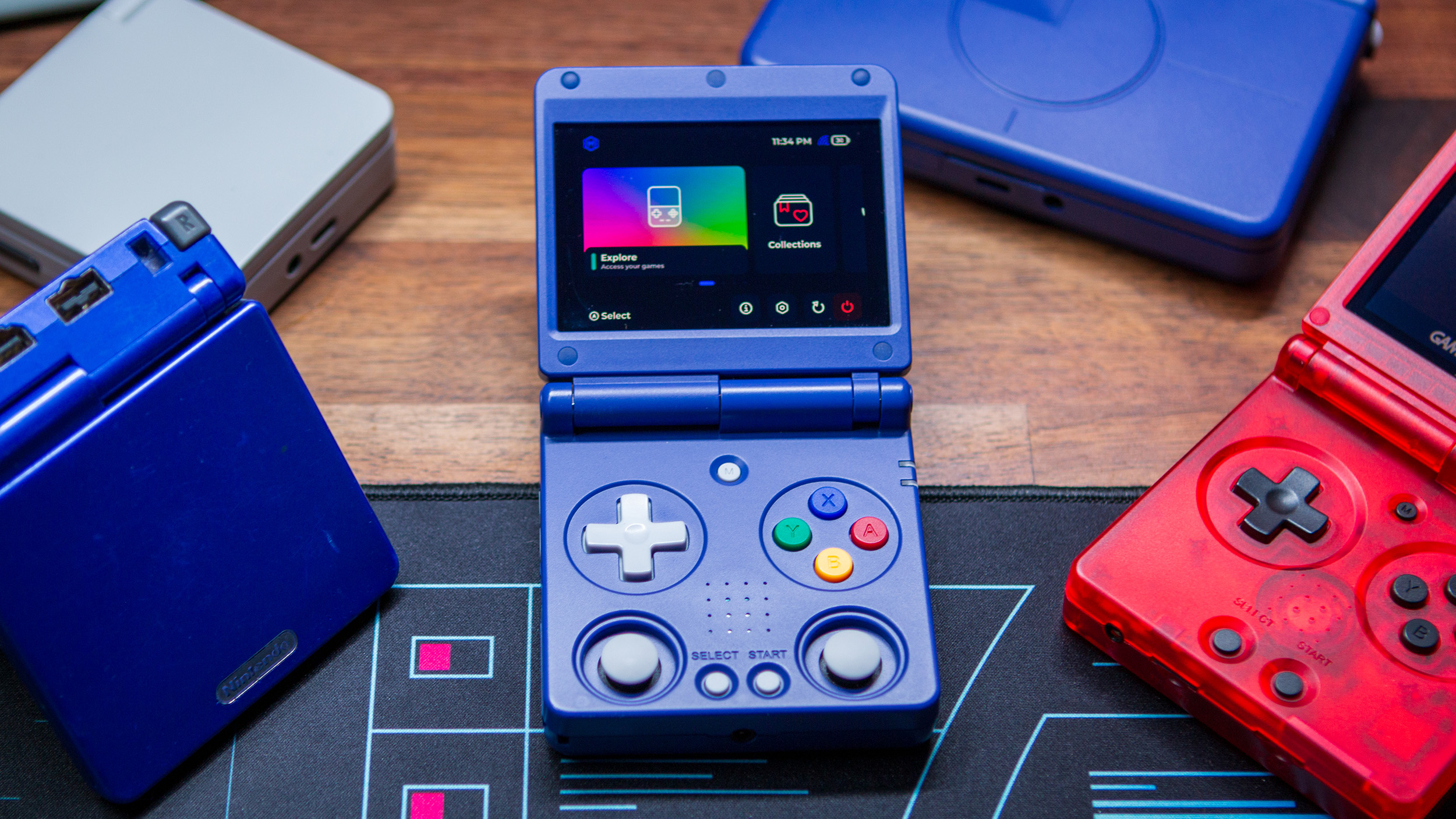
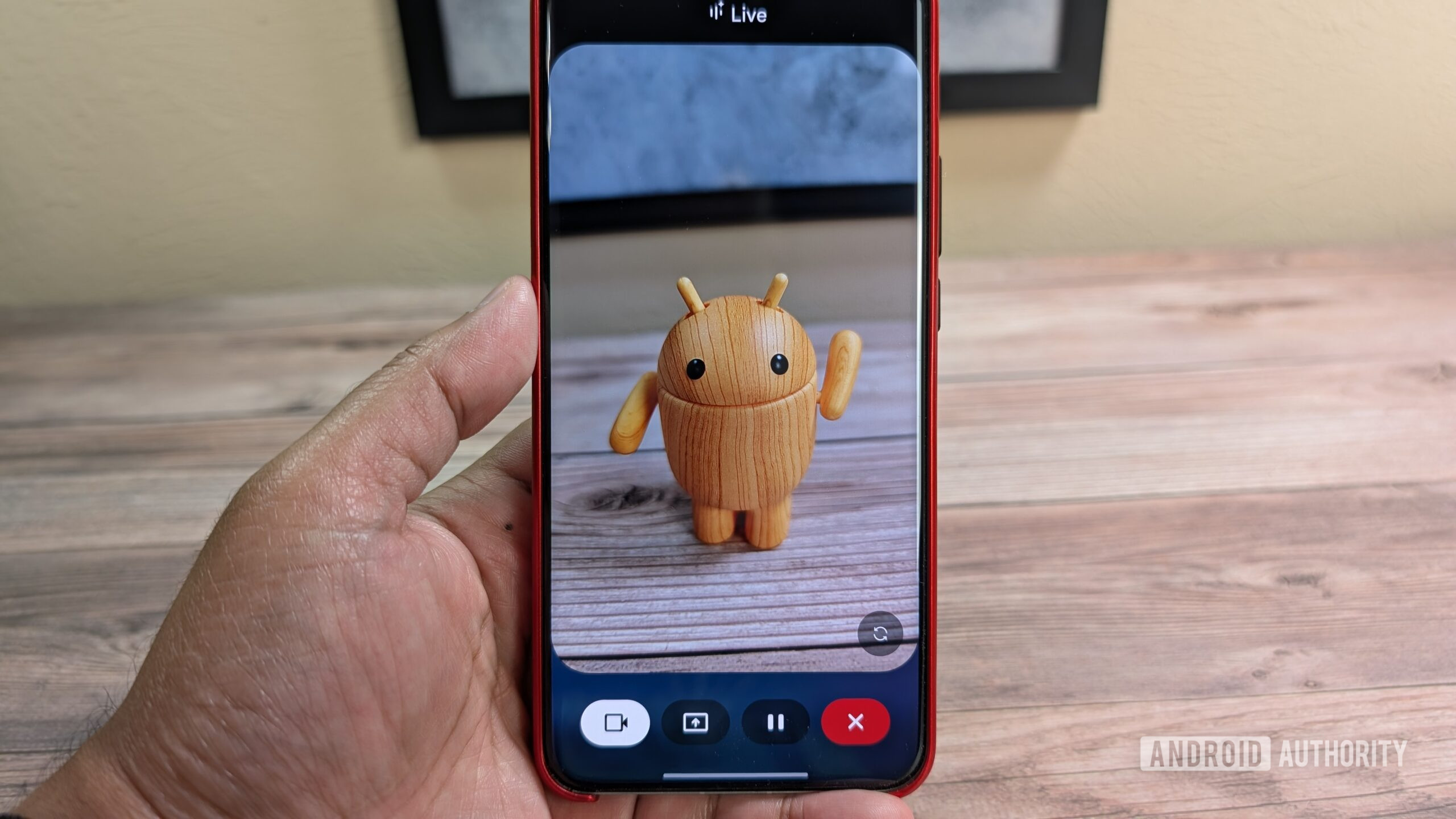
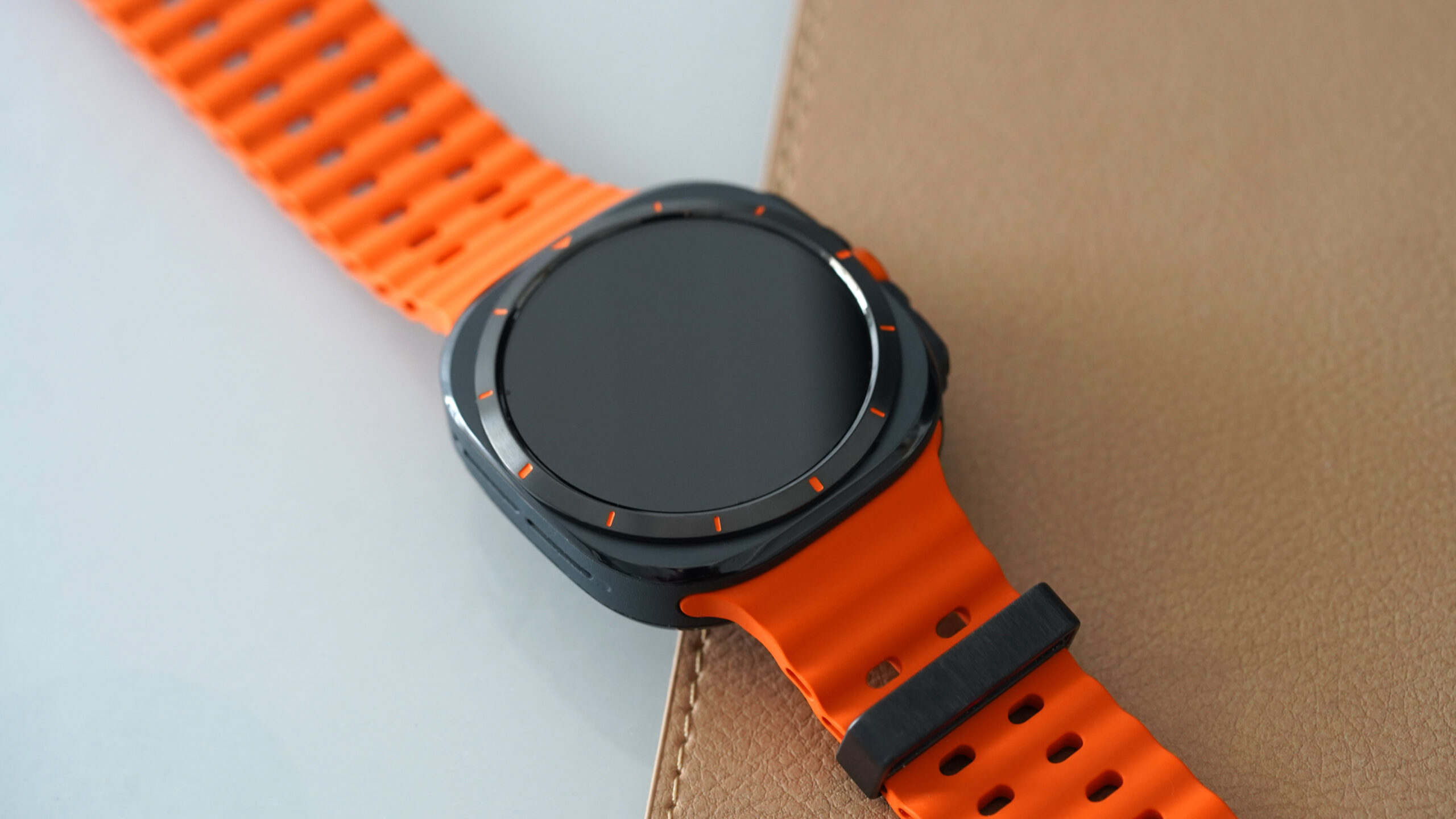




![Nothing Phone (3) has a 50MP ‘periscope’ telephoto lens – here are the first samples [Gallery]](https://i0.wp.com/9to5google.com/wp-content/uploads/sites/4/2025/06/nothing-phone-3-telephoto.jpg?resize=1200%2C628&quality=82&strip=all&ssl=1)


































